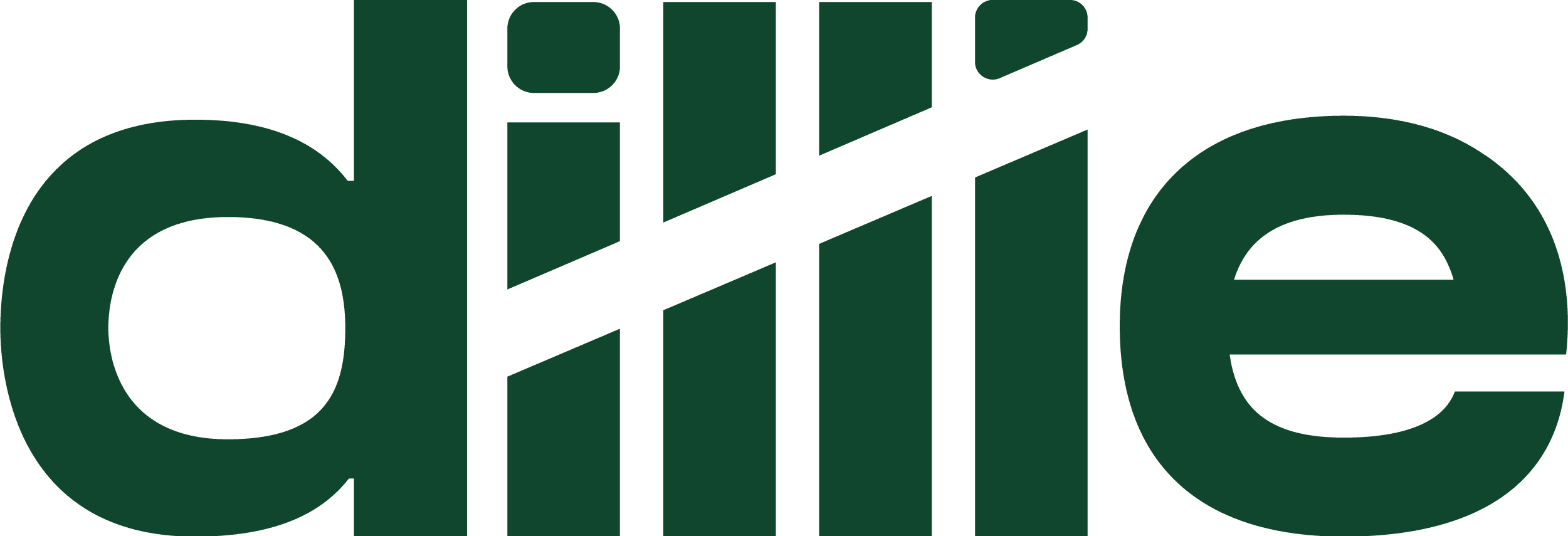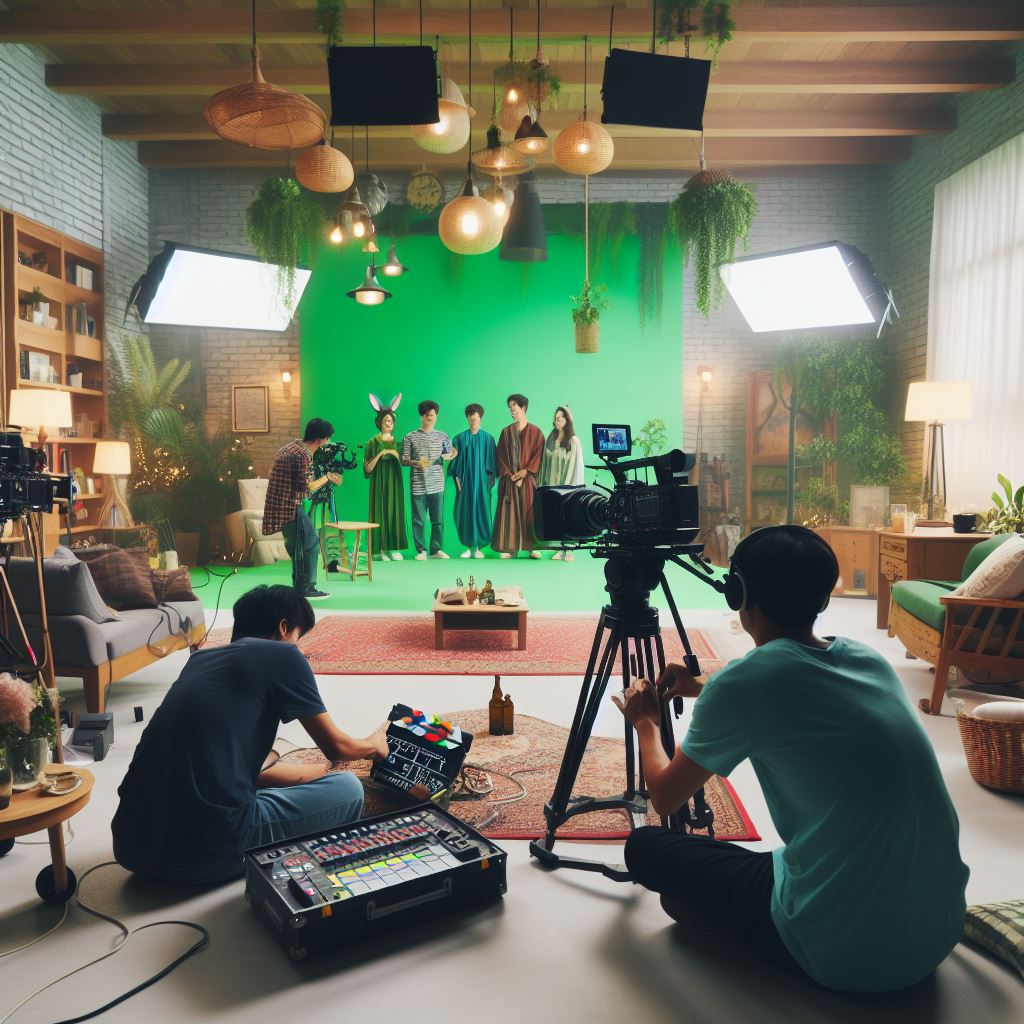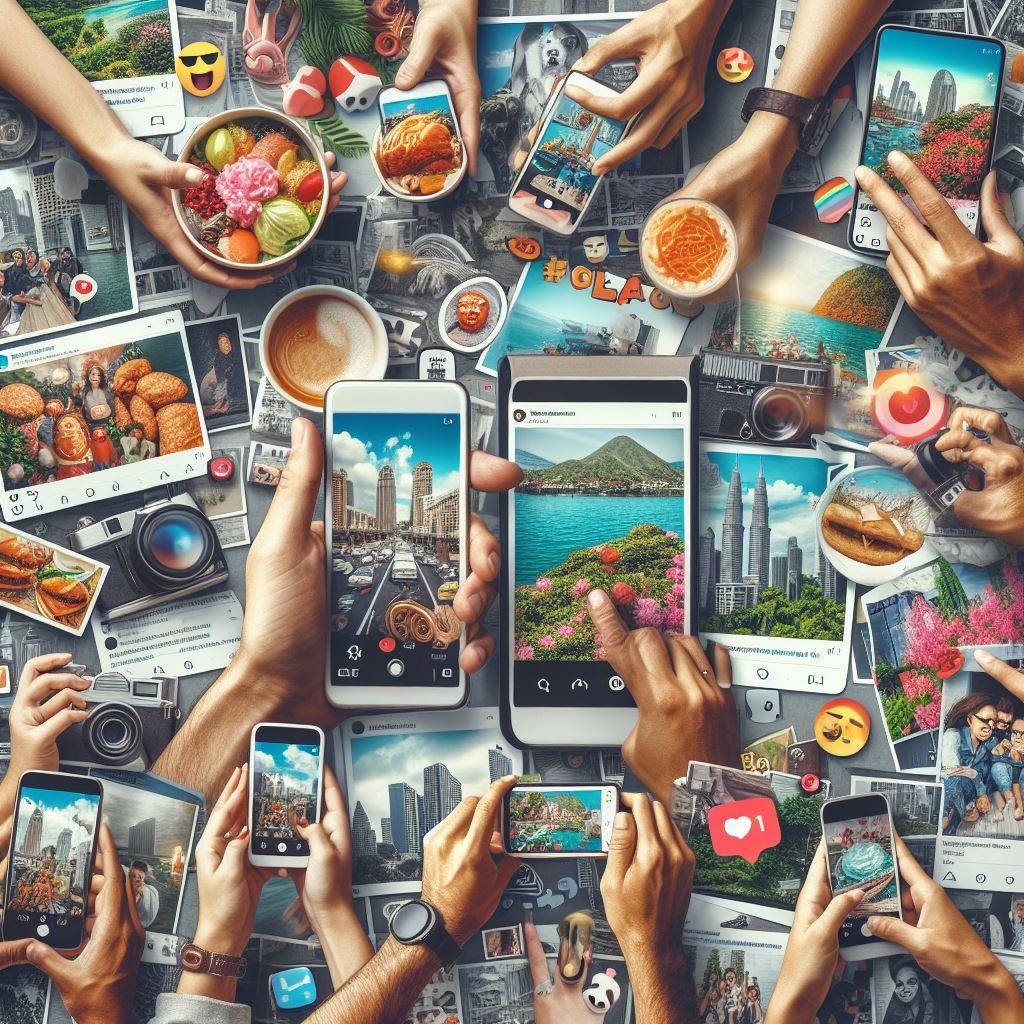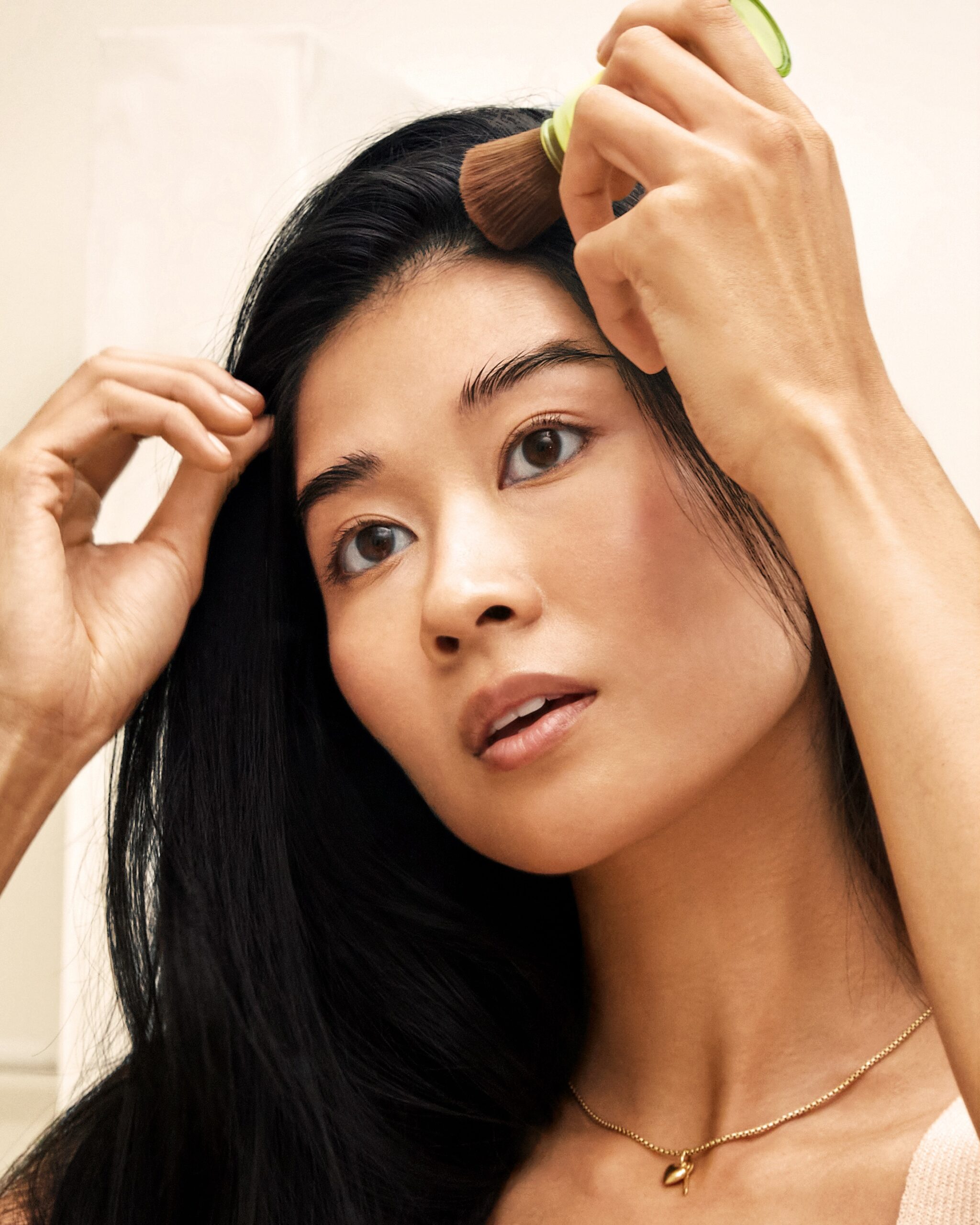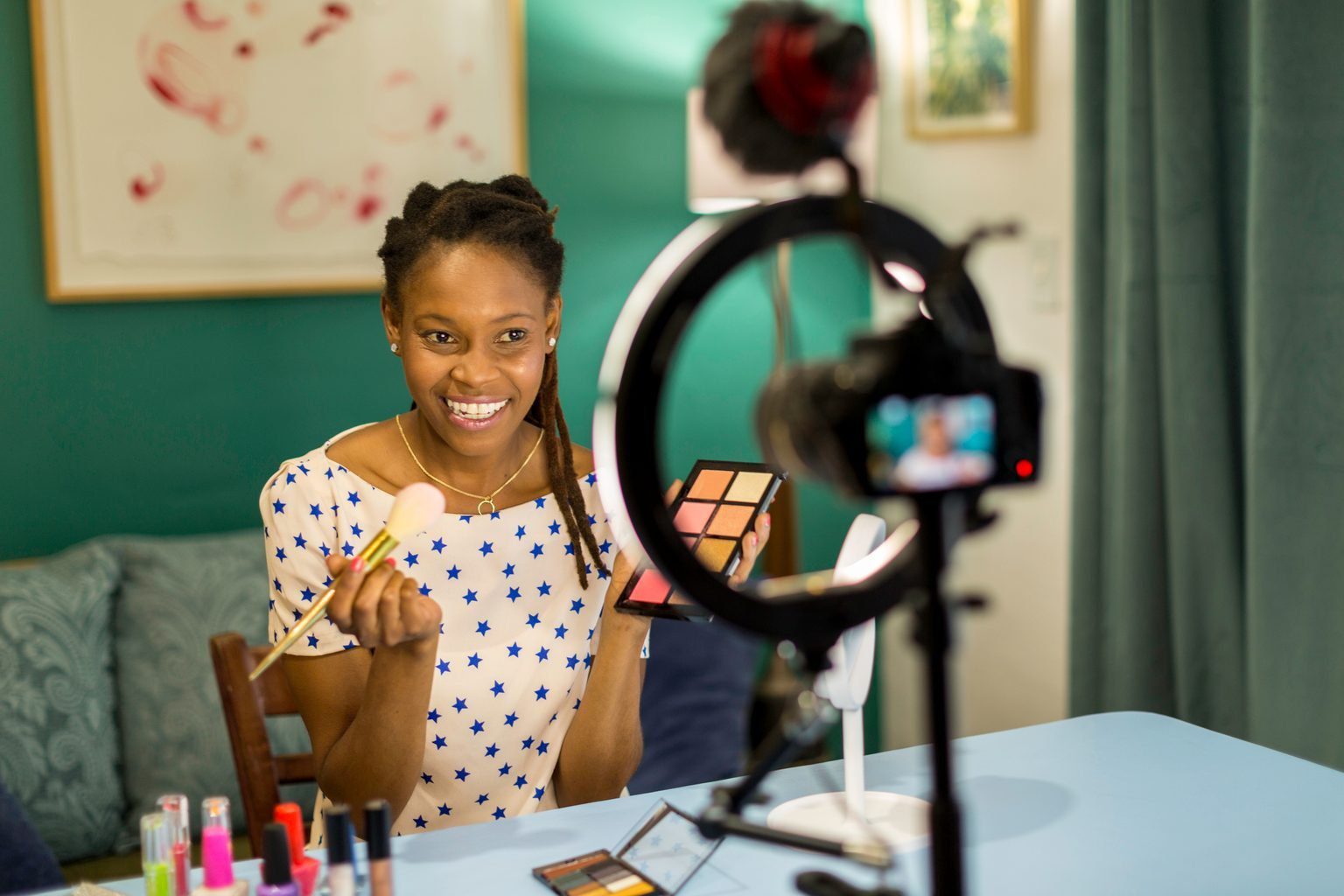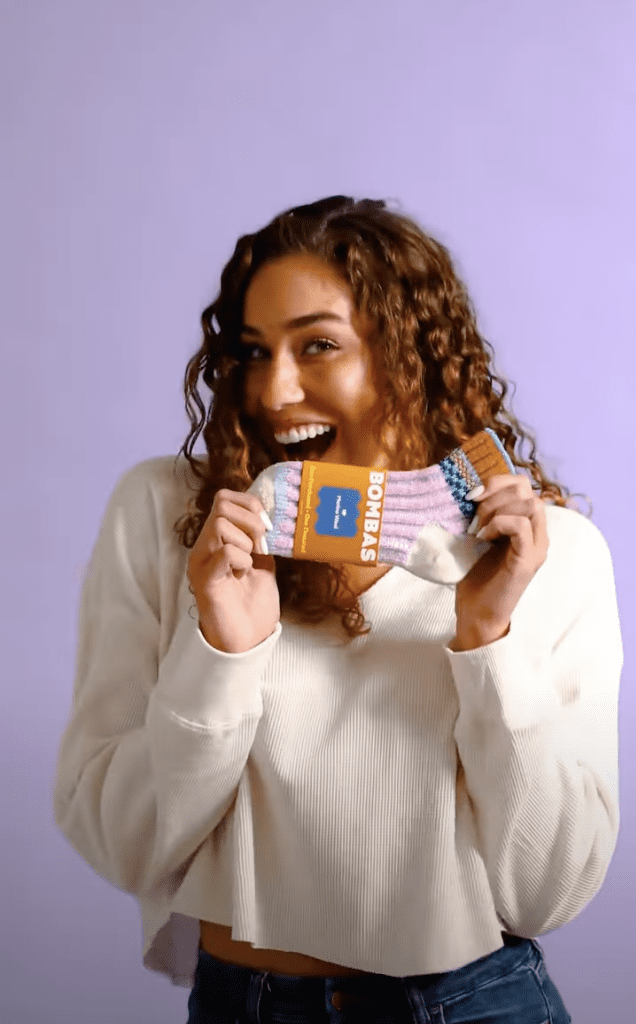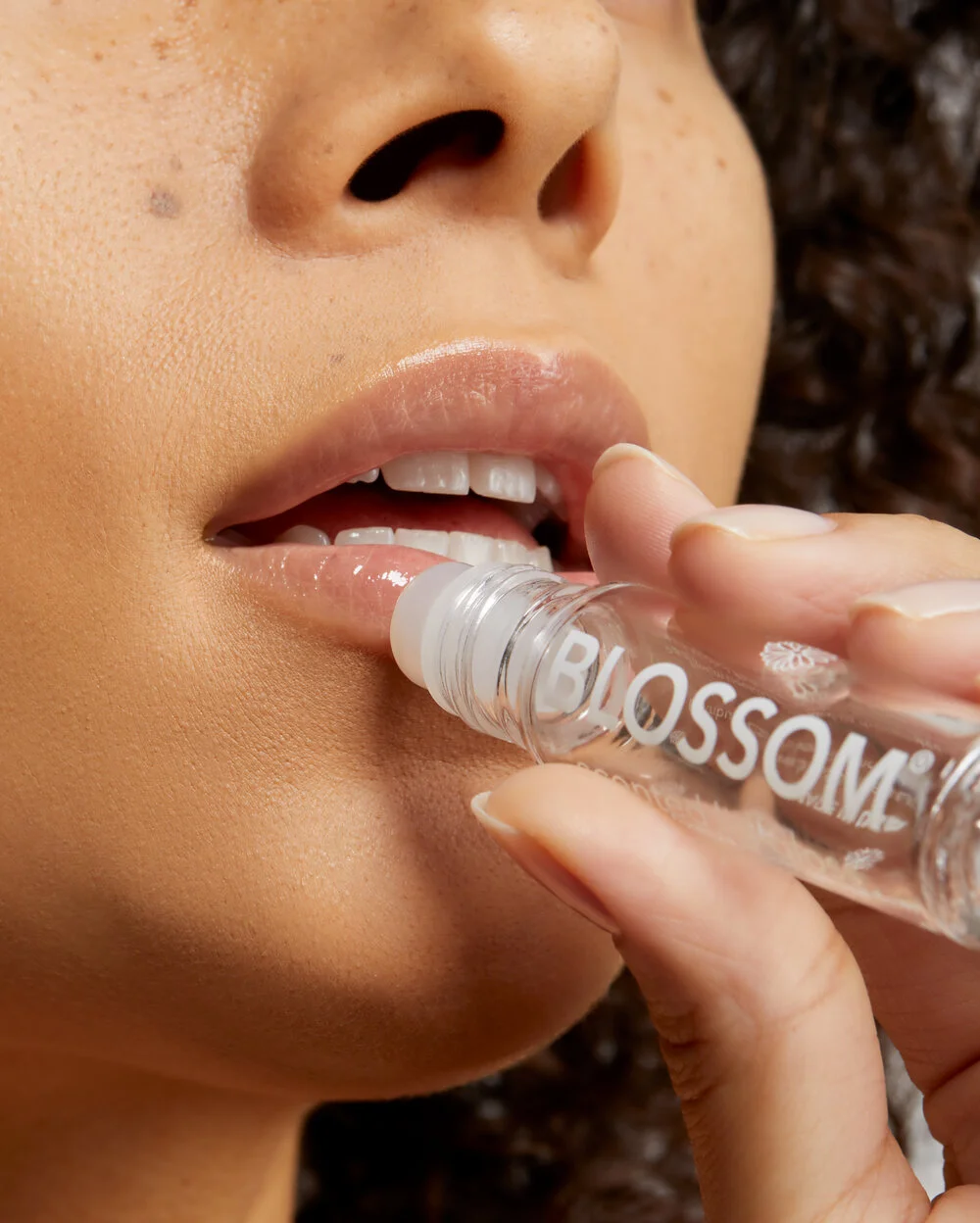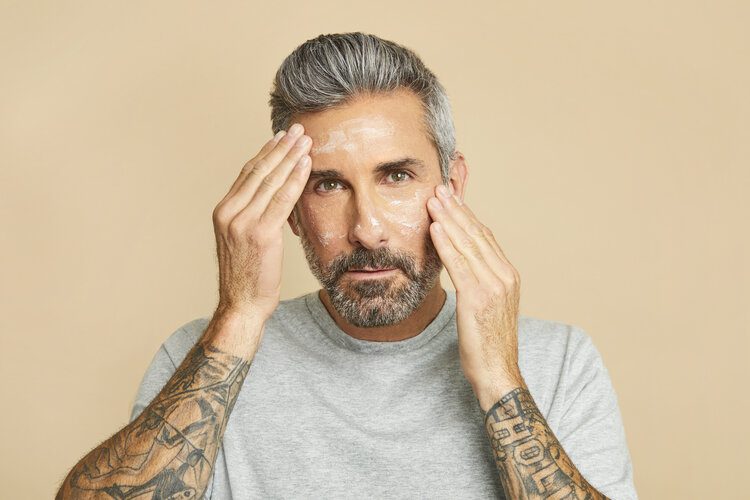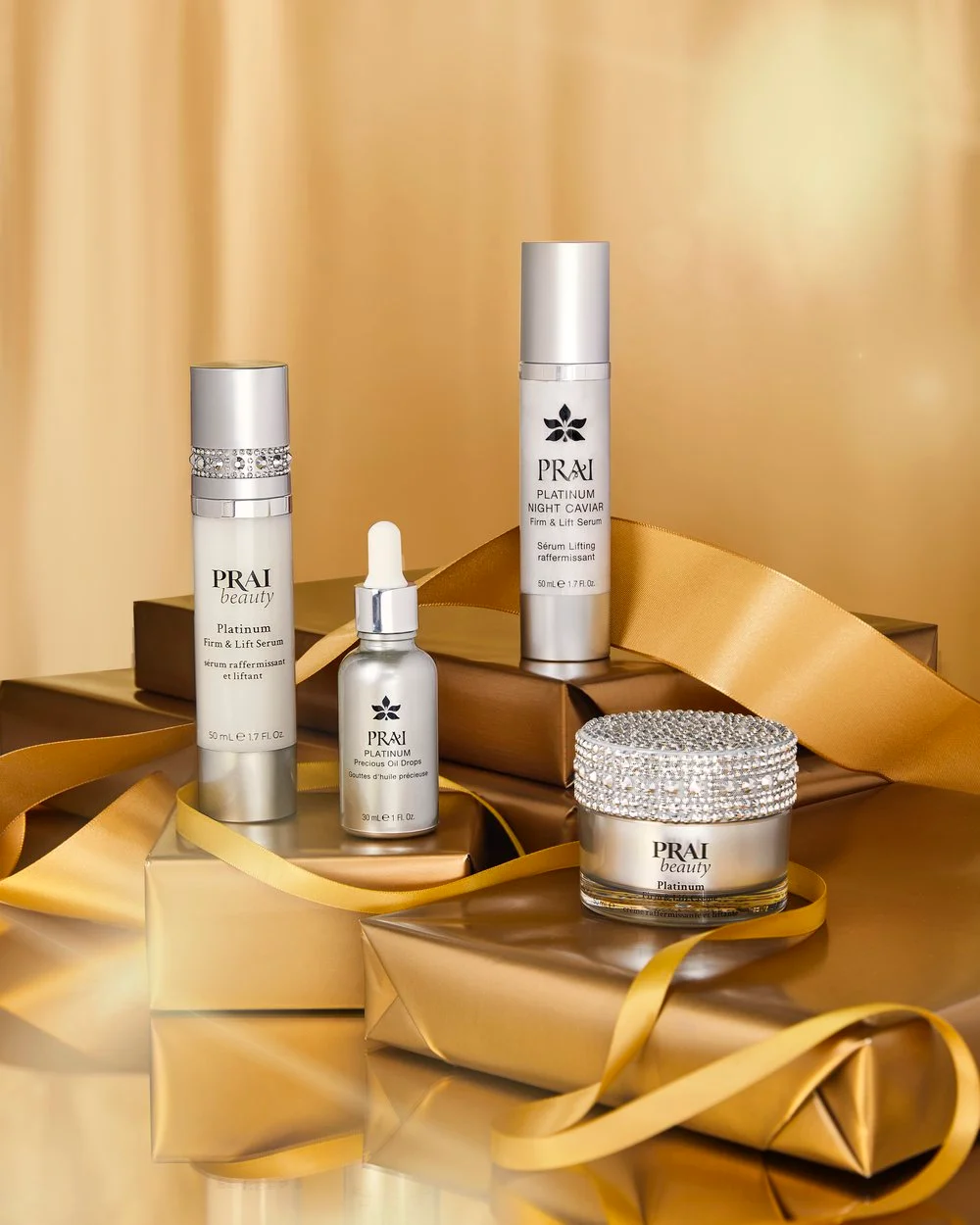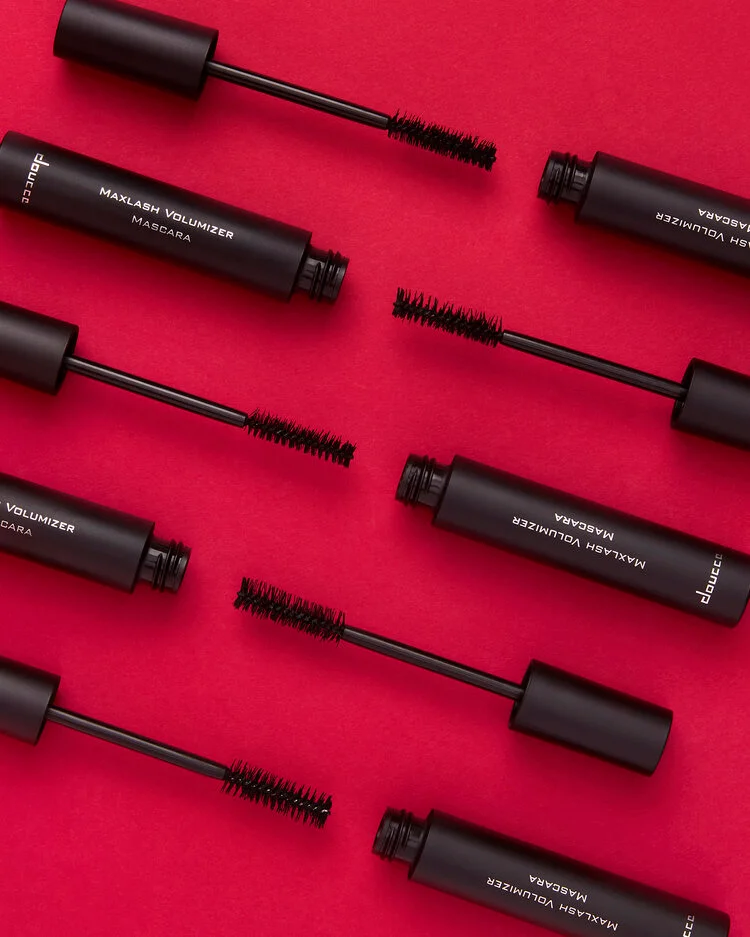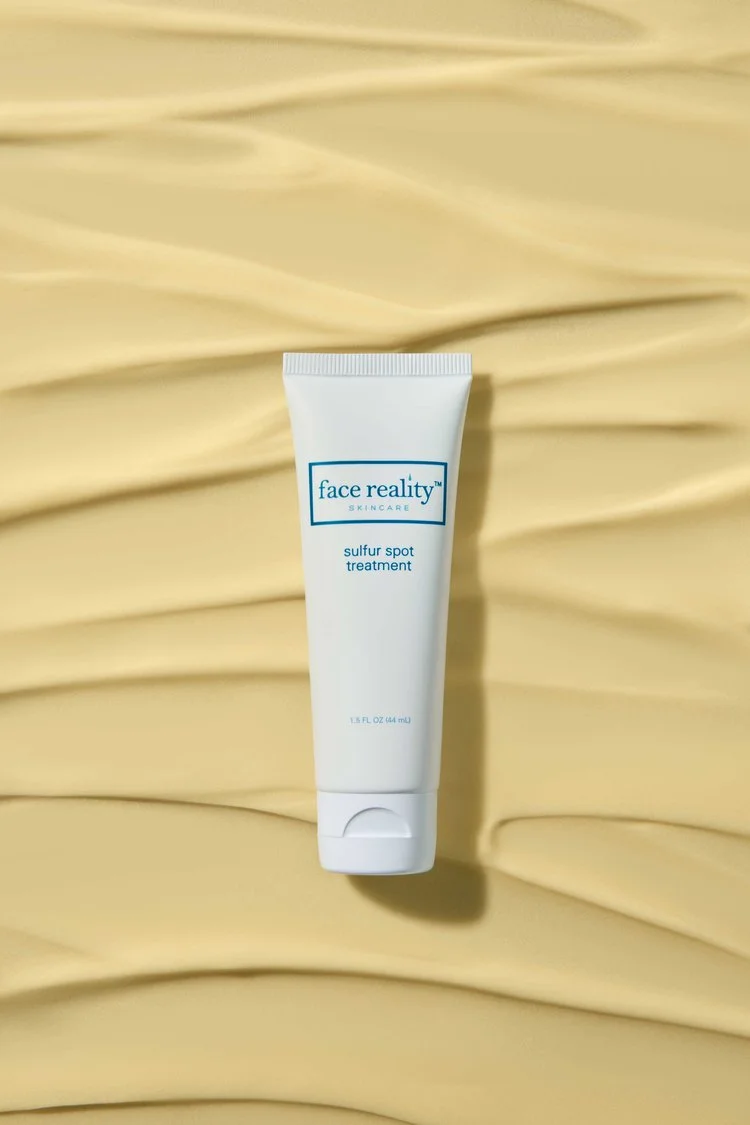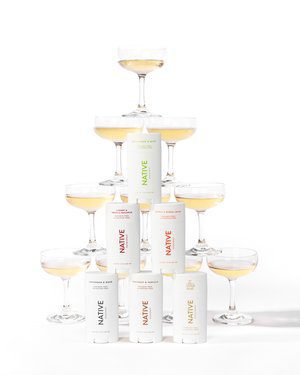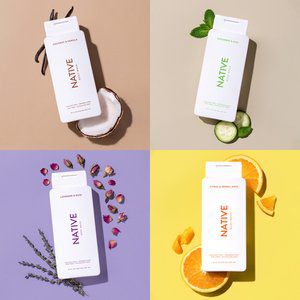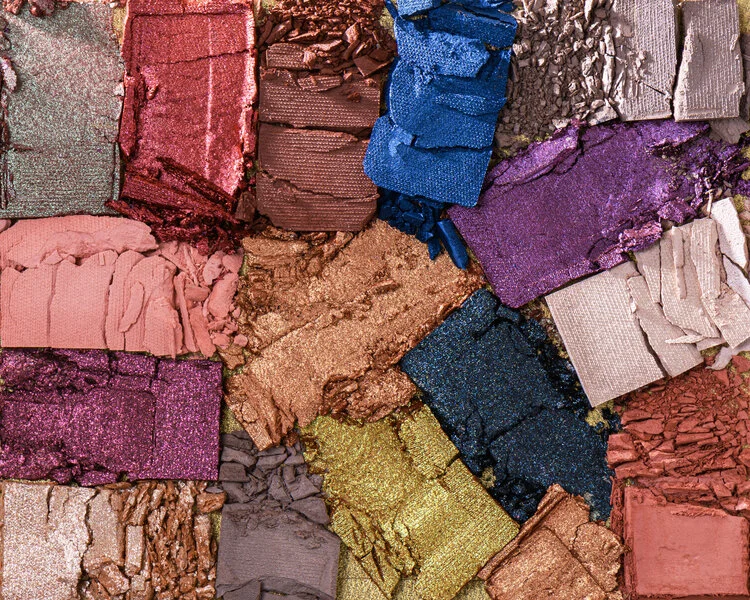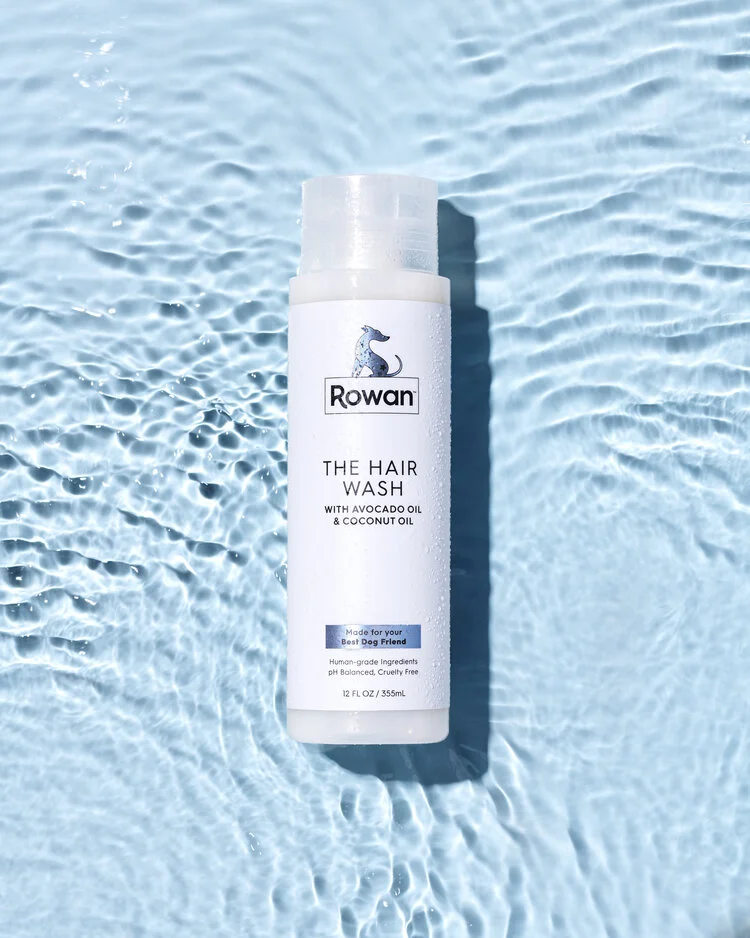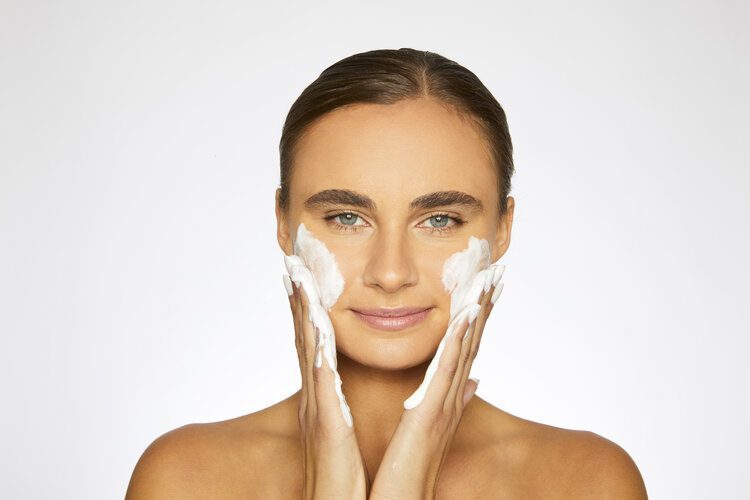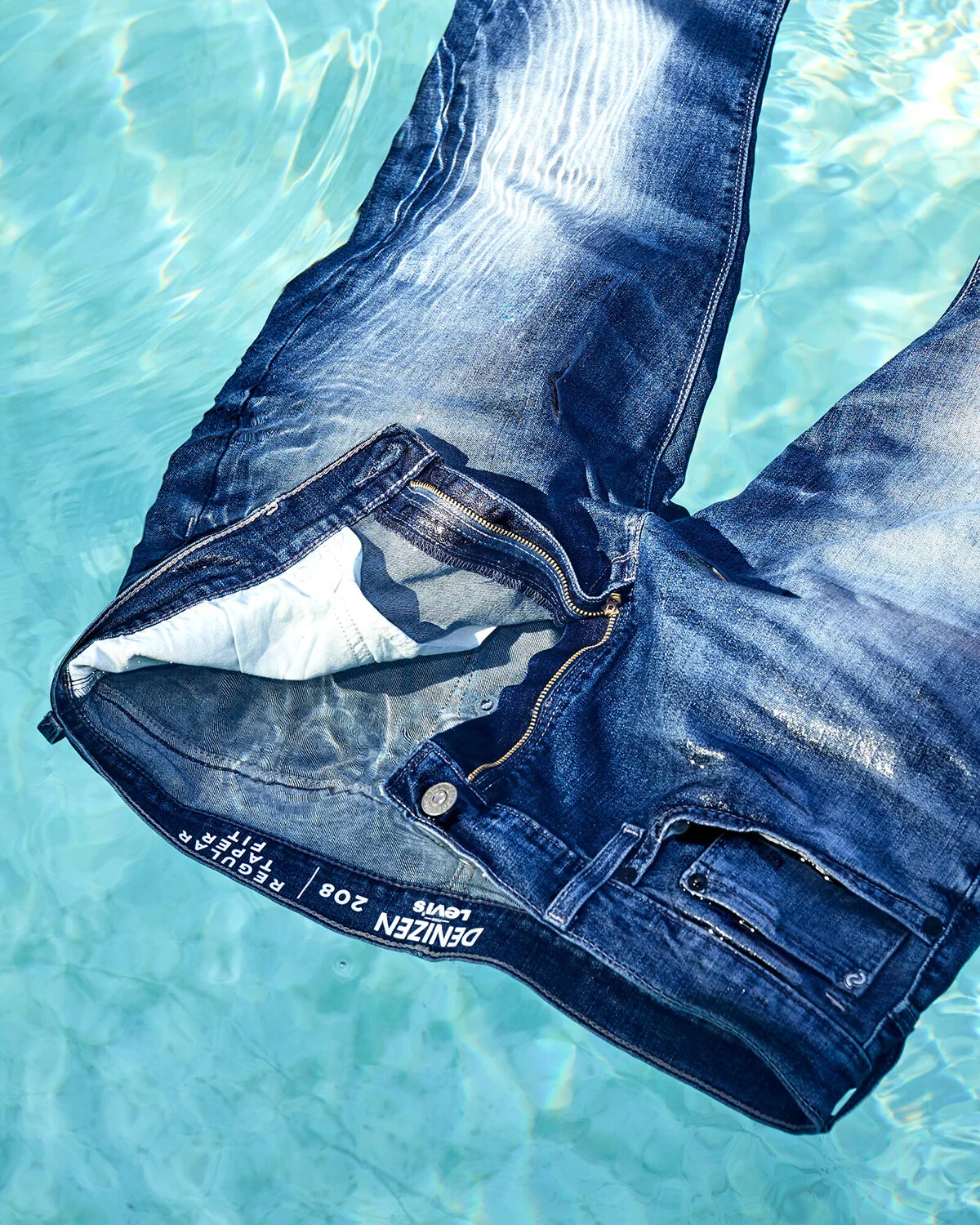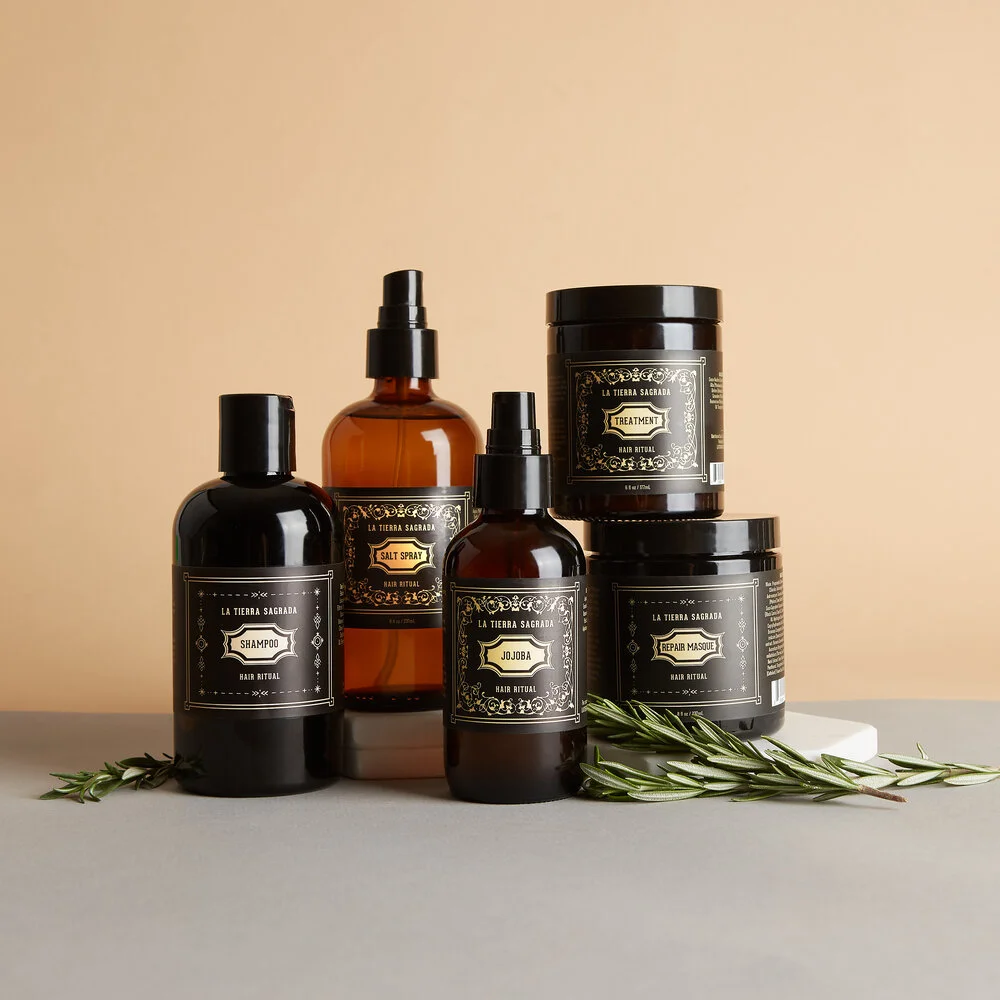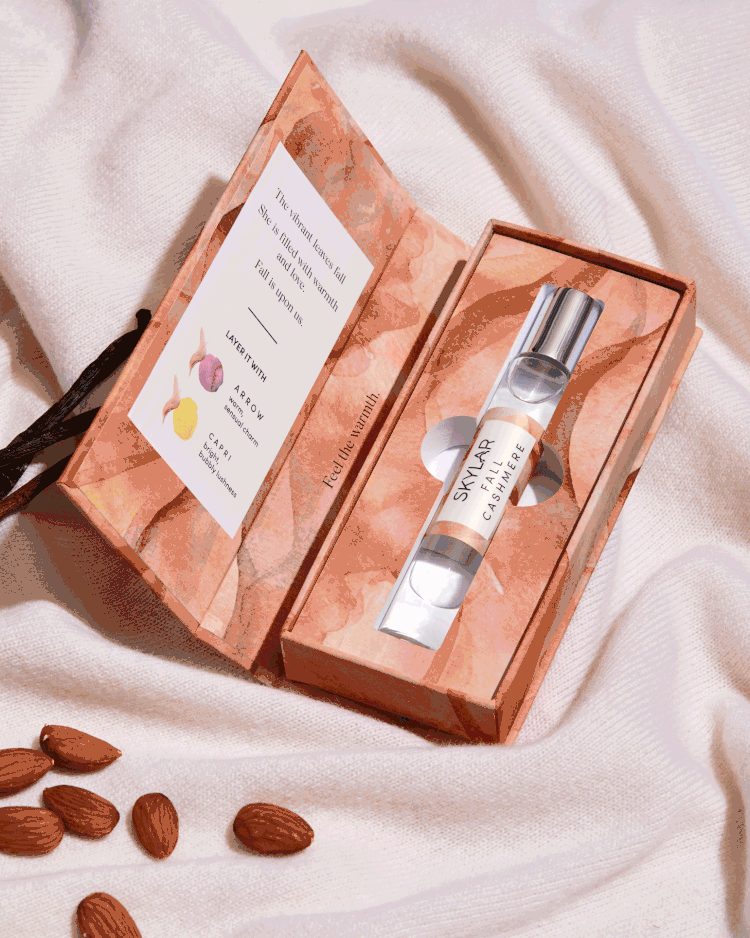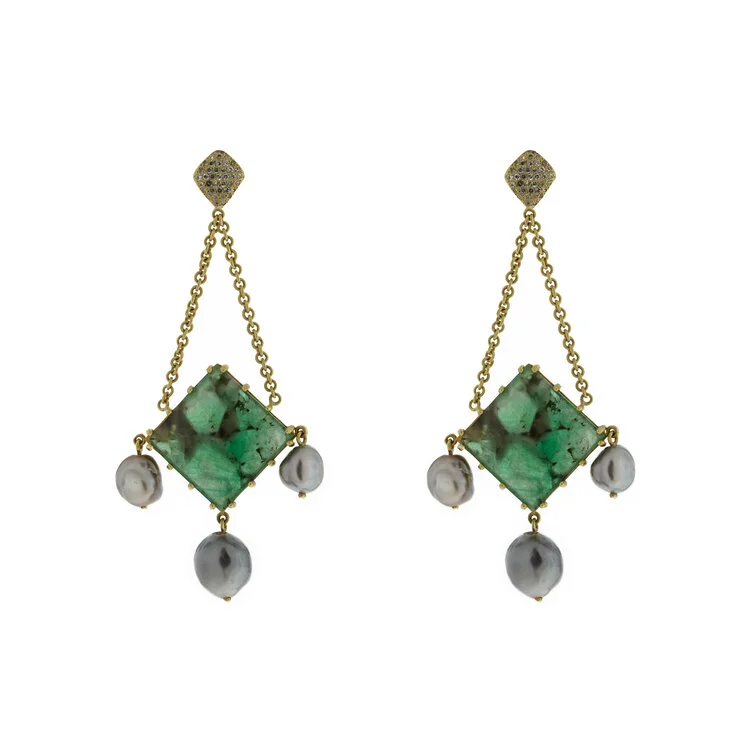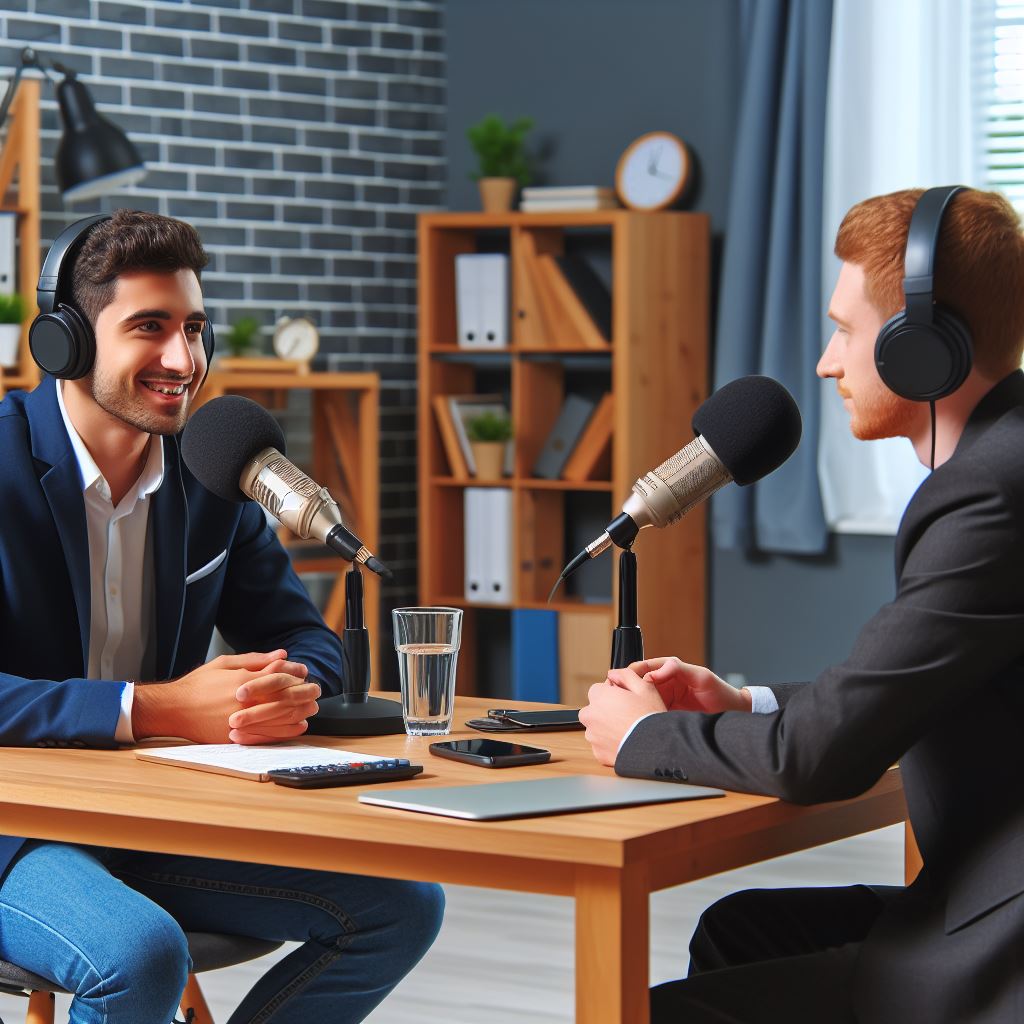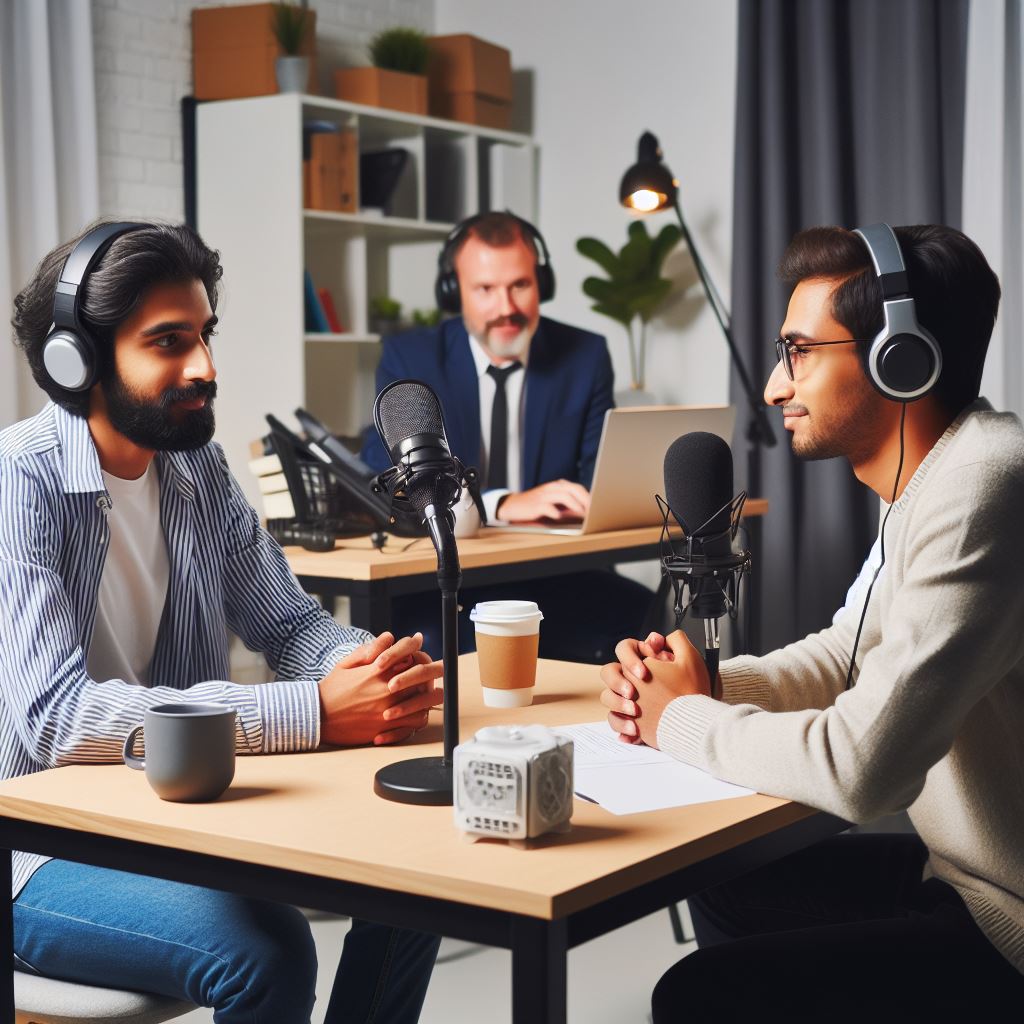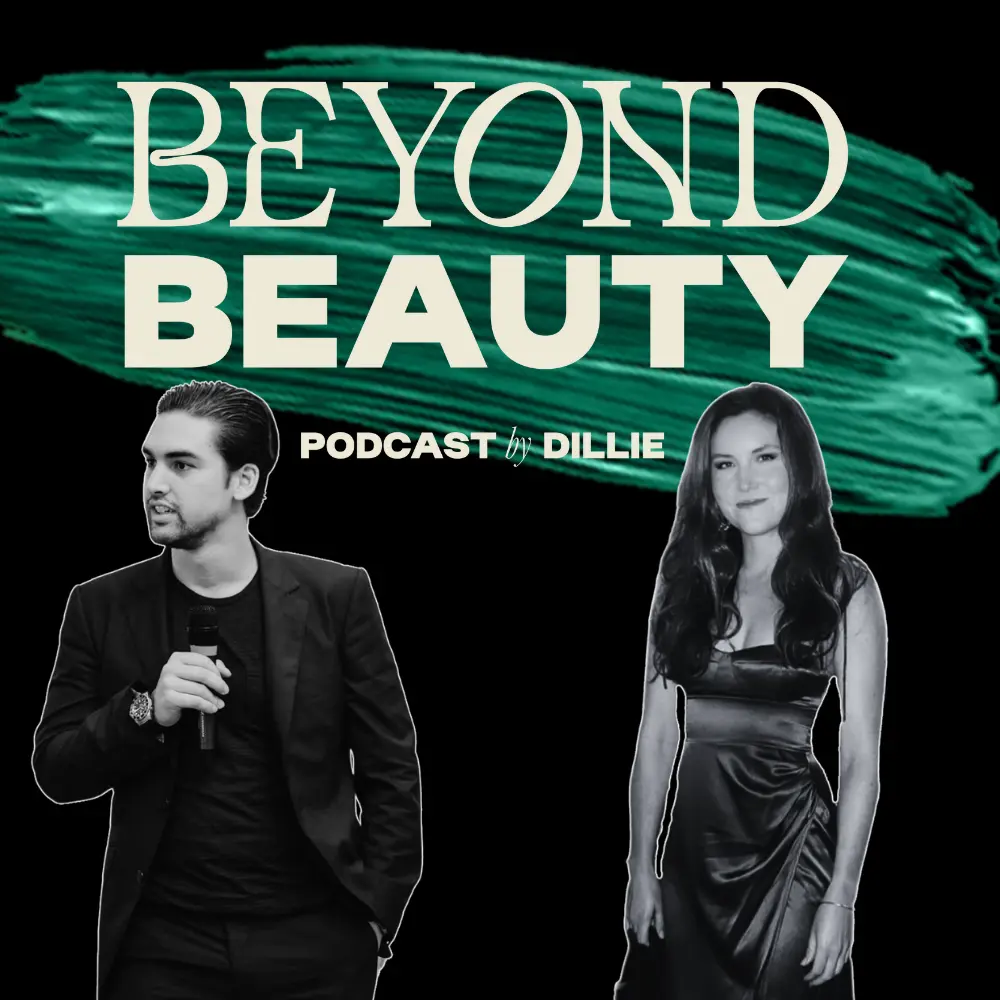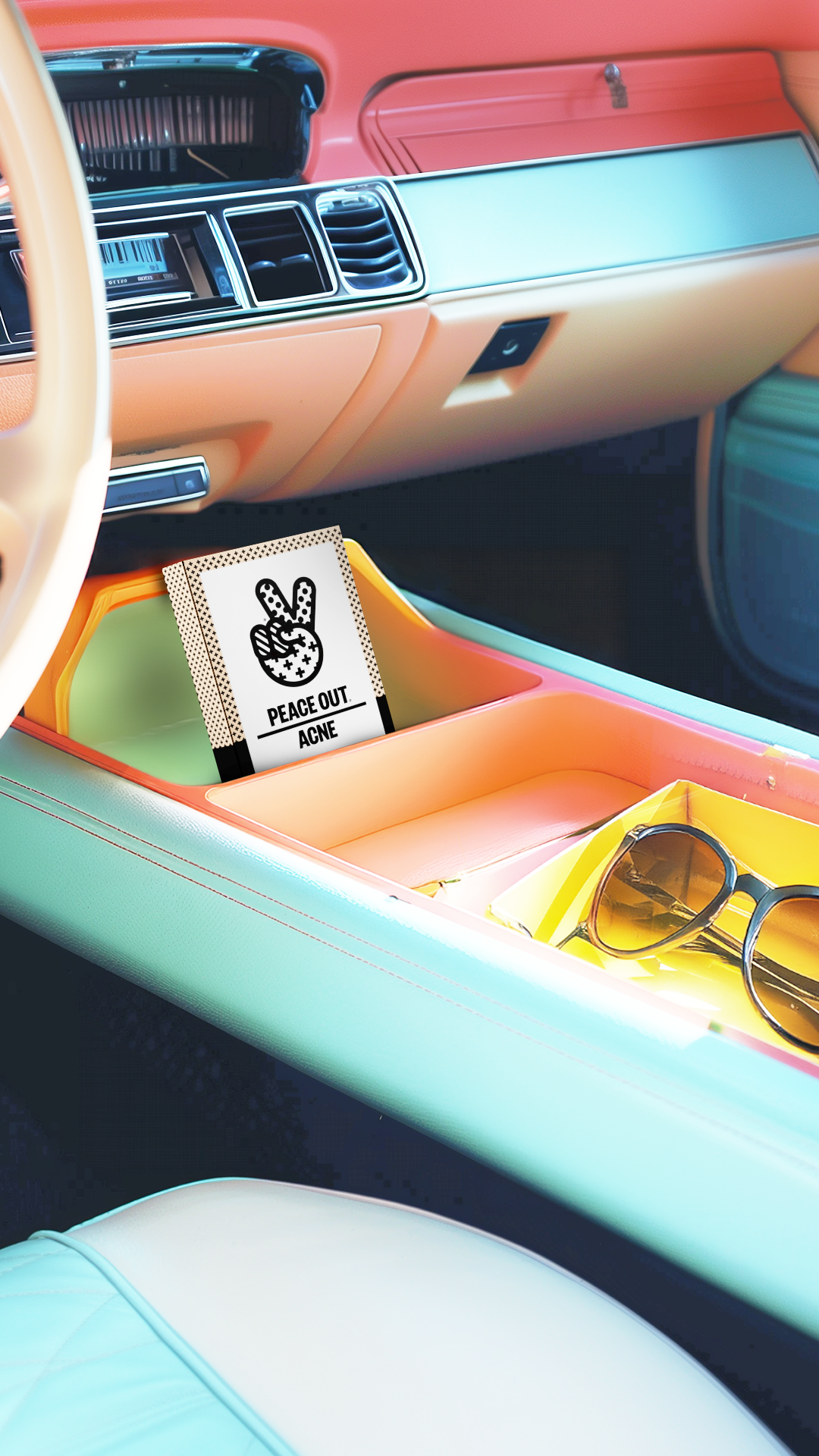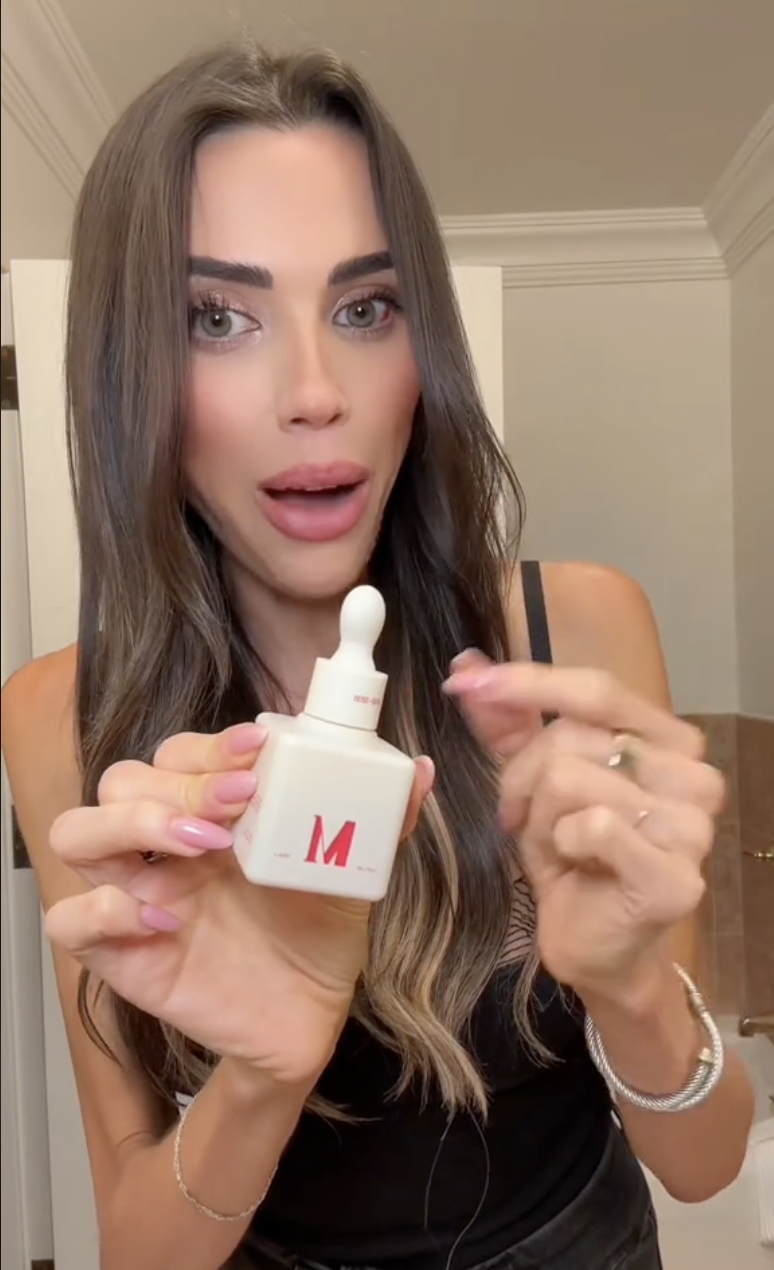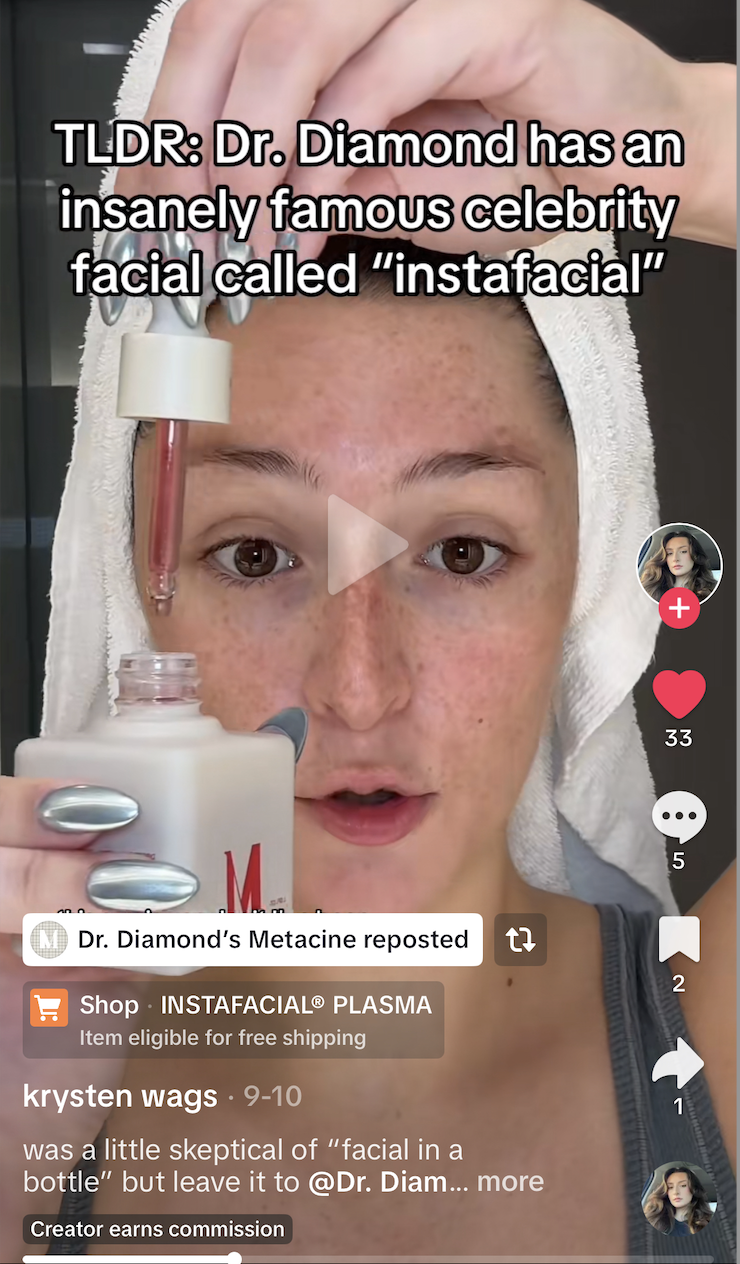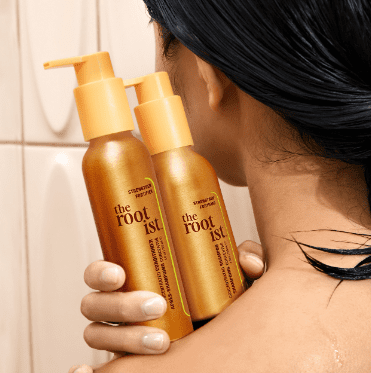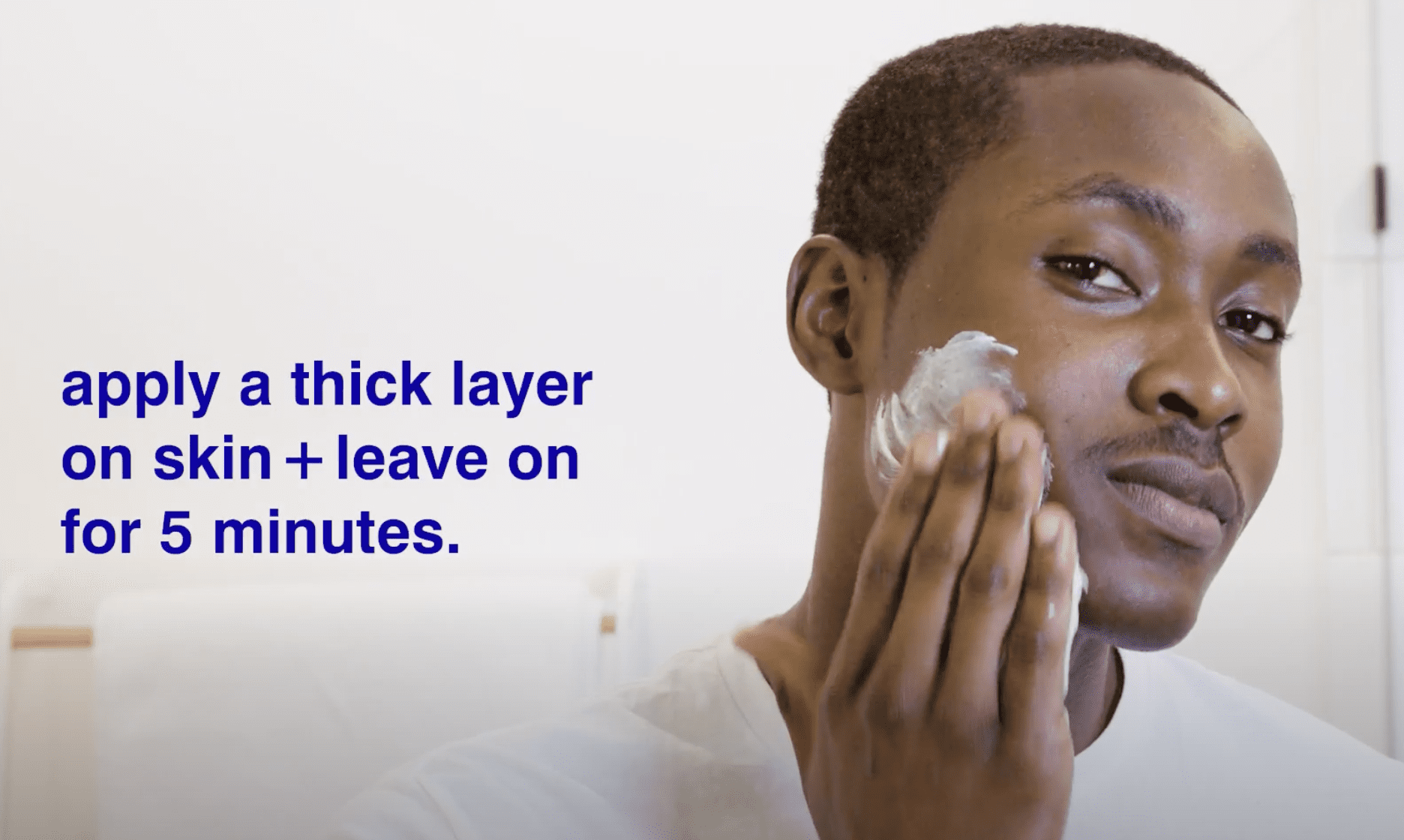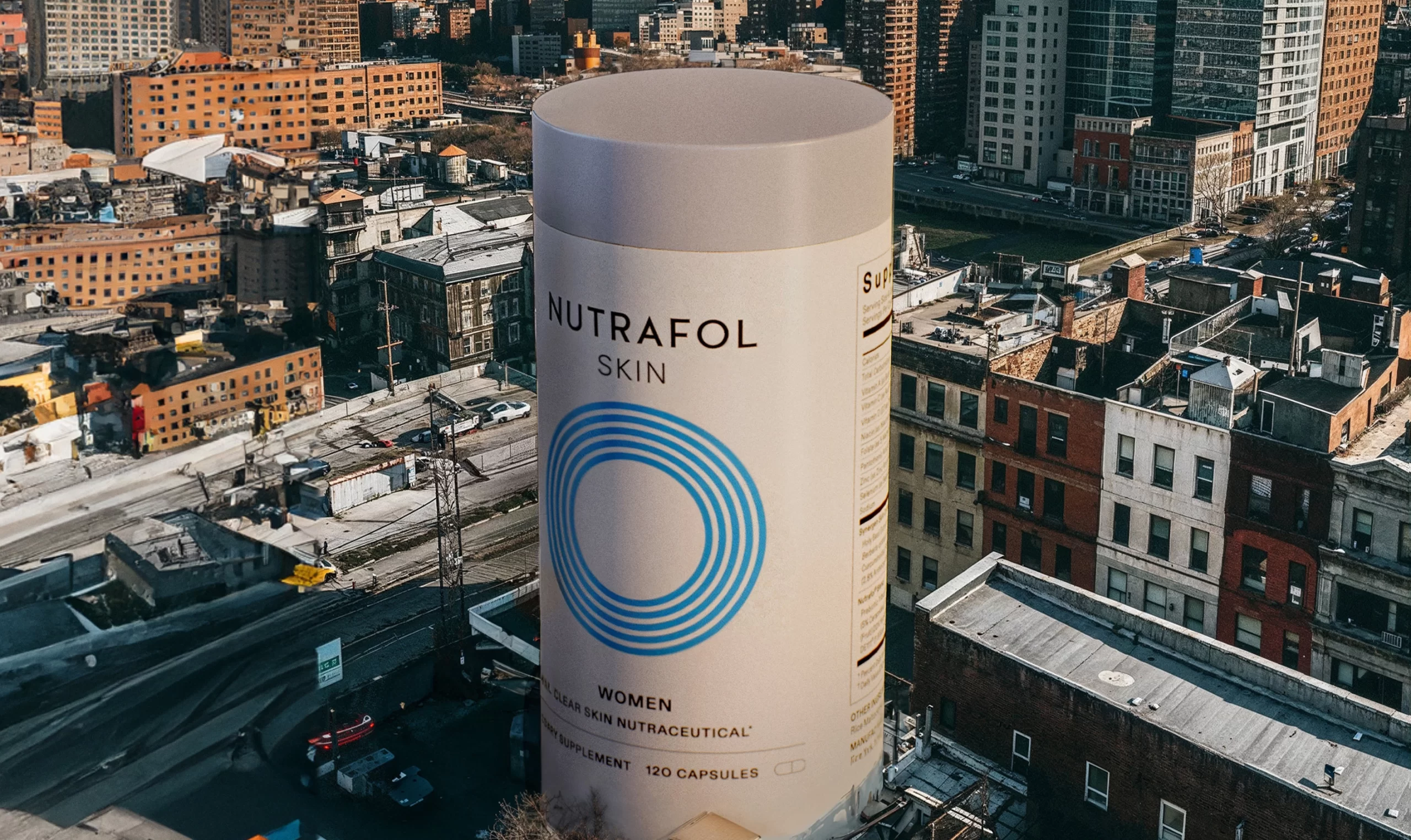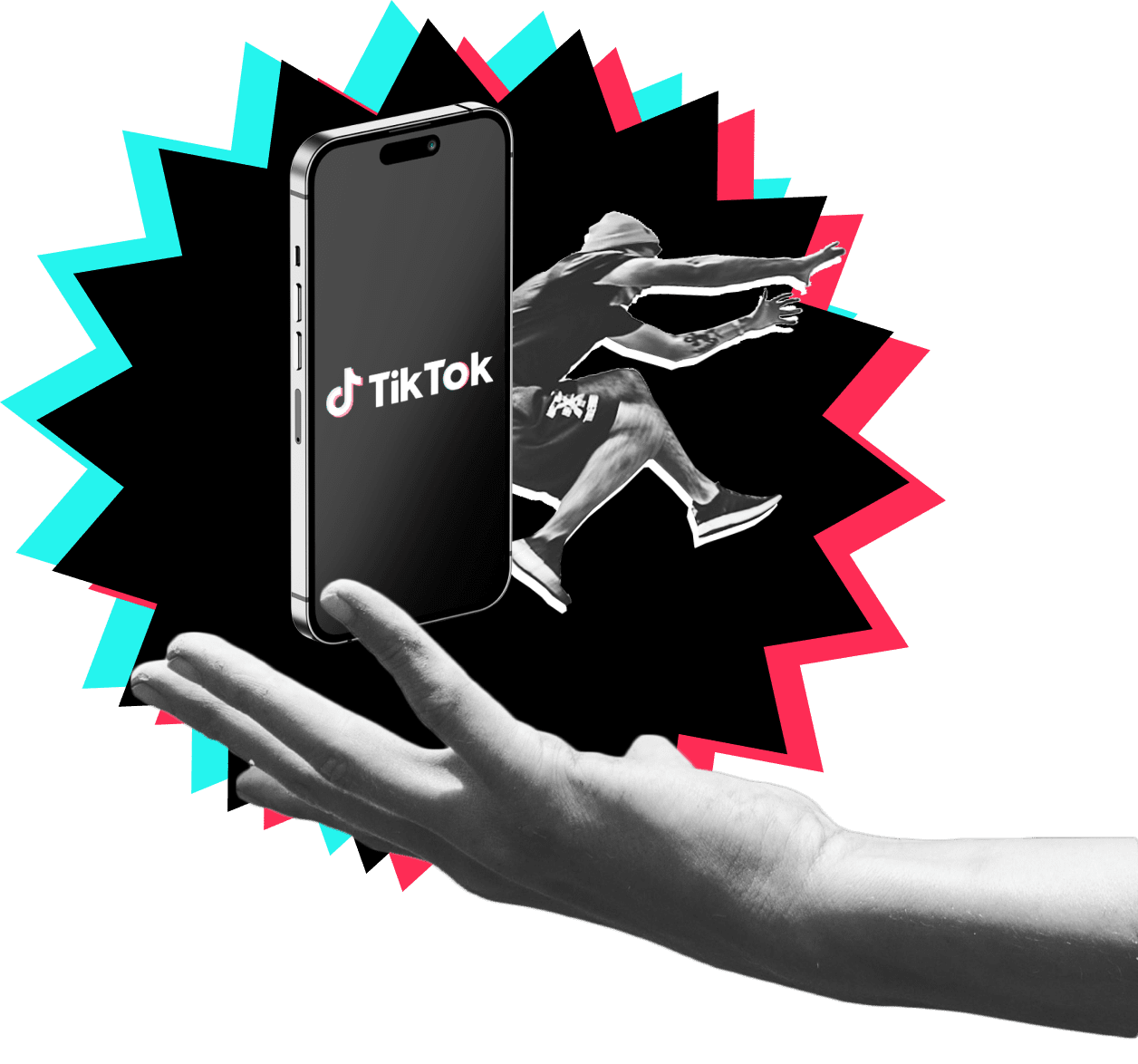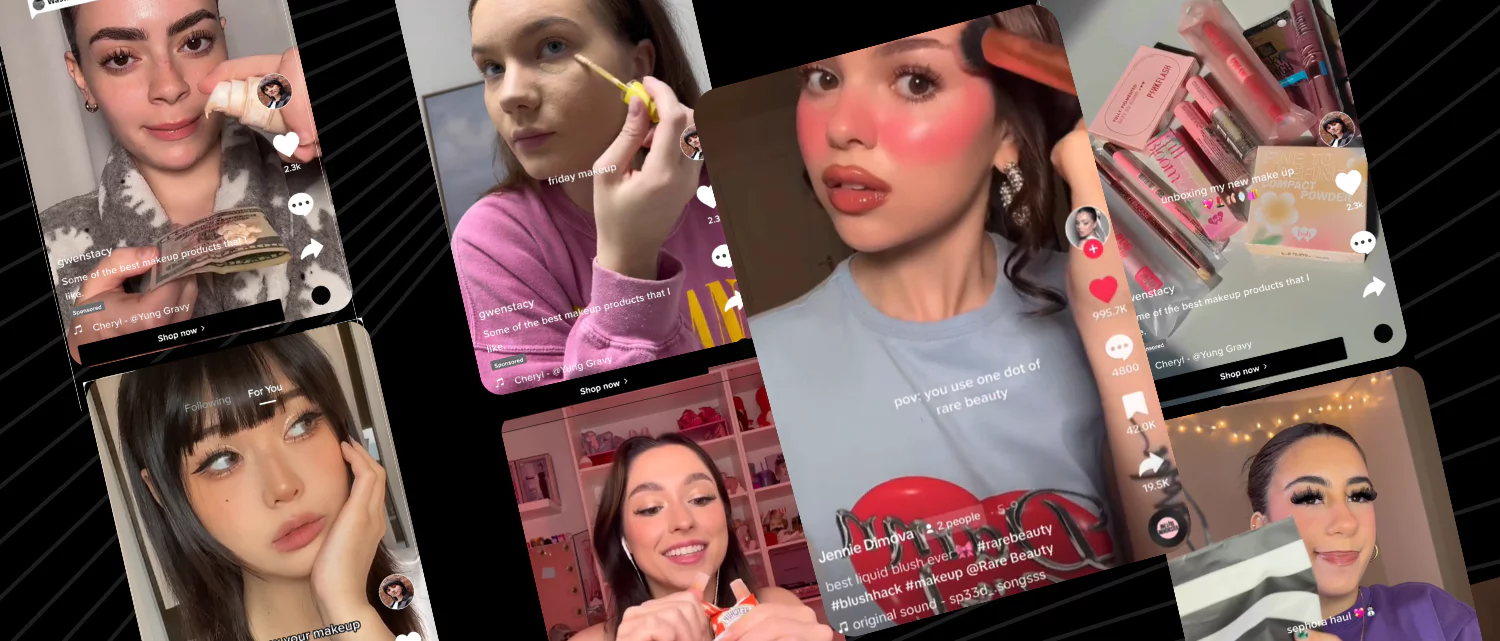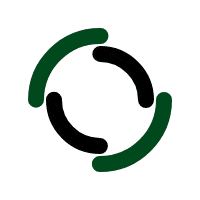In this episode of the Beyond Beauty Podcast, the host engages in a compelling conversation with Michelle Nguyen, a self-taught lash artist and entrepreneur. The episode delves into Michelle’s inspiring journey in the beauty industry, particularly her experiences with eyelash extensions, and her evolution from a salon owner to a successful manufacturer of eyelash products.
Introduction to the Podcast and Guest
Lindsay opens the episode by welcoming listeners to the Beyond Beauty Podcast, a platform dedicated to showcasing talent within the beauty industry. The podcast aims to deconstruct learnings and spark innovative ideas for business growth. Lindsay introduces Michelle Nguyen, expressing excitement about her career story and the valuable insights she will share.
Michelle’s Background and Entry into the Beauty Industry
Michelle begins by recounting her journey as an immigrant from Vietnam to the United States at the age of 18. Arriving with limited English skills and no family support, she initially pursued a college education while working part-time in a nail salon. Despite her family’s expectations for her to become a doctor or pharmacist, Michelle discovered her passion for beauty through her experiences in the salon.
Her fascination with eyelash extensions began when she received her first set and felt transformed by the results. This pivotal moment led her to pursue a career in eyelash extensions, despite her parents’ concerns. Michelle committed to this path, promising her mother that she would return to school if she couldn’t make a living from it.
Transition from Salon Owner to Entrepreneur
Over the years, Michelle honed her skills and eventually opened her own salon, where she built a team of 18 artists. However, she faced challenges with the high costs of purchasing products at retail prices. This realization prompted her to explore wholesale options, leading to the inception of her own lash brand.
Michelle’s journey took a significant turn when she decided to sell her salon to focus on Paris Lash Academy (PLA), which she founded to educate and support fellow lash artists. She emphasizes the importance of education in the beauty industry and how it has always been a core part of her mission.
Establishing Manufacturers in Vietnam
Michelle’s entrepreneurial spirit led her to establish multiple lash manufacturers in Vietnam, her home country. This decision was driven by the need for consistent product quality and availability, especially during the disruptions caused by the COVID-19 pandemic. By owning her manufacturers, Michelle gained control over inventory and production, allowing her to innovate and create products that meet the needs of lash artists.
She shares that her manufacturers provide jobs for over 700 women in Vietnam, contributing positively to her community. This aspect of her business is particularly meaningful to Michelle, as it allows her to give back and support those who might otherwise work in harsh conditions.
Innovative Products and Marketing Strategies
During the conversation, Michelle discusses the innovative products her company has developed, including the recently launched “Probate 20,” which bridges the gap between traditional and newer lash artists. This product enhances application techniques and improves retention, showcasing her commitment to advancing the industry.
When it comes to marketing, Michelle reveals that PLA has achieved organic growth without spending money on advertising. Instead, she focuses on providing free education to lash artists, which has helped build a strong community around her brand. The funds generated from classes are reinvested into the industry, further solidifying her commitment to supporting fellow professionals.
Challenges and Lessons Learned as an Entrepreneur
As an entrepreneur, Michelle reflects on the challenges she faced, particularly regarding the structure of her business. Initially, she operated as an LLC and managed her finances without professional guidance. It wasn’t until she brought in a financial controller that she realized the importance of proper business structure and tax management. This experience taught her valuable lessons about the significance of having a knowledgeable team to support growth.
Michelle emphasizes the importance of loving what you do in a competitive industry like beauty. She believes that passion is crucial for overcoming obstacles and navigating the ups and downs of entrepreneurship. Her journey has been marked by resilience and a commitment to continuous learning, which she considers essential for success.
Conclusion and Future Aspirations
In closing, the host and Michelle discuss the importance of education, community, and innovation in the beauty industry. Michelle’s story serves as an inspiration for aspiring entrepreneurs, highlighting the power of passion, perseverance, and the willingness to adapt and learn. The episode concludes with a reminder that success in business often comes from a combination of hard work, dedication, and a genuine love for the craft.
Listeners are encouraged to reflect on their own journeys and consider how they can apply Michelle’s insights to their endeavors in the beauty industry and beyond. Michelle also shares her aspirations for the future, including taking a year off to travel with her children, emphasizing the value of experiential learning.
Podcast Transcript
Speaker 1 00:00:01 Welcome to the Beyond Beauty podcast, a platform to highlight the beauty industry’s talent, deconstruct their learnings and spark ideas for your own business. The Beyond Beauty podcast is created by Dilley, the leading creative agency working with the fastest growing brands and beauty. Here, we’ll interview guests from major beauty corporations, creative directors, influencers, founders and risk taking entrepreneurs. Our guests are not only changing the traditional beauty landscape, they are also innovating in ecommerce, branding and digital marketing. Join us as they share valuable advice, how they launch their businesses and most importantly, ignite thought provoking conversations across beauty, tech and marketing. Hi everyone! We’re so excited to have Michelle Nguyen on the Beyond Beauty podcast today. So Michelle, thanks so much for coming out today to share your career story and advice.
Speaker 2 00:00:54 Thank you so much for having me. I am so excited. And thank you, Lindsay, for bringing us together I’m going.
Speaker 1 00:01:00 To dive on into Michelle’s bio. Coming to the scene as a self-taught lash artist in 2008, Michelle Nguyen knew how difficult it could be to truly break into the beauty industry.
Speaker 1 00:01:10 She has continuously studied the art and science of eyelashes and was double certified through Lash Ink and Nala. After running her salon for six years, Michelle ultimately decided to sell it to focus on Paris Lash Academy, a way to share her vast lashing experience with lash artists all around the world. She is proud to own multiple lash manufacturers in Vietnam, where she was born and raised on a coffee farm. These manufacturers allow Michelle to give back to her community, providing jobs for over 700 women who would otherwise be working in harsh farming environments. Since launching LA about five years ago in her father’s garage, it has grown exponentially. Education has always been at the forefront of Michelle’s mission through PLA. Michelle can teach fellow beauty professionals at any level and provide private labeling opportunities as well. She loves giving back to the industry by being a resource to anyone who needs support or guidance. Michelle is a proud mother of two children, loves murder mystery shows, and would love to retire on a farm someday. Amazing! Michelle, we’re so excited to hear your journey and let’s take it back to where it all started.
Speaker 1 00:02:15 How did you get started in the beauty industry?
Speaker 2 00:02:18 I came to America when I was 18 years old. My parents bought me a one way ticket and say, here we go. I came to America and I was just so scared because I didn’t really speak the language. I didn’t really have family that lives here. I start going to college then and I’m Vietnamese. I have an aunt that lived in Arizona. So just like every other Vietnamese kid that have immigrant grandparents or parents family, they gave me a nail file and they’re like, you’re going to do nail because you Vietnamese. And I said, wait, I hate doing nails. I don’t know if I’ll be good at this because I was born and raised on a farm, so I’ve never worn makeup before. I’ve never been around beauty before. That’s one stop sign in my whole entire city. There’s not. There’s no Mac. There’s no Urban Decay. None of that. So I said, sure. I guess I’ll do nails as a side job as I go to college.
Speaker 2 00:03:14 And I was going to college majoring in business, and I start doing I start working in a nail salon part time, and I really fall in love with how women feel leaving the salon. Then I ran into eyelash extensions by an accident. I saw people getting eyelash extensions done and leaving the salon, and I got a set done myself and I went, oh my God, I don’t know how I look so much different and I feel like a whole new person. Once I got my first set of eyelash extensions on. So I went home and I told my mom, I said, mom, I think I want to do eyelash extensions for a living and my parents, who live on the farm, work on a farm, sacrificed their whole life for me to have a new life in America and go. You’re going to do what I love.
Speaker 3 00:04:05 Yeah, yeah.
Speaker 2 00:04:06 Yeah. They were just like, you’re supposed to be a doctor or a pharmacist.
Speaker 1 00:04:10 And then I have a plan, and I’m going to wow you.
Speaker 2 00:04:13 Yeah. And no. And I told my mom, I said, let me do this for a year or so, and if I can’t make a good living and I’m not happy, I’m going to return back to school. And she said, are you sure? And I said, yeah, I promise you. Then I start doing eyelash extensions and that kind of just let me onto this journey. I’ve been in the industry for about 18 years, and I’ve done from Lash Artist to lash educators to owning my own salon and then now own my own manufacturers and lash brand. I probably would have not made a great doctor or great pharmacist because I love beauty, and I didn’t realize. I didn’t even realize I love beauty until I tossed myself at the salon scenes. Yeah. So that’s where we are right now. We in Reno, Nevada, and we make everything that you could think of when it comes to eyelash extensions. And most people are amazed. They just like eyelashes. And then they come to power headquarters and they go, oh my gosh, this is a lot of eyelashes.
Speaker 2 00:05:10 But it is a really fun industry.
Speaker 1 00:05:12 It is. And they always say their eyes are the window into your soul. And then especially with I think of mascara or lashes, they really can brighten someone’s face and make them look happier and more awake. And we’ve always heard, like the funny joke that men will see like a woman with like out. Like, I would always hear this growing up, my brother would see my mom without mascara and say, you look sick today, mom. And she’s no, I’m not wearing my mascara and I have blonde lashes. I’m not sick. But they don’t realize that you don’t wake up with these dark, thick, long, luscious Latin. If you do, that’s wonderful. But they really make such an impact on so many components of your look at the end of the day. Plus, if you have lash extensions, I think it makes getting out and out the door so much easier.
Speaker 2 00:05:56 Absolutely. I always tell people, if you do two things on your face that will completely change how you look and elevate how you look, and you get ready a lot faster.
Speaker 2 00:06:07 Number one would be getting a nose job, and number two would be getting eyelash extensions done and come from someone who got both. I would probably get eyelash done over getting a nose job any day of the week. But I tell people, I say most people don’t realize the importance of eyelash and how it elevate your look until they get a set done and then they go, how do I ever live with that? Yeah, sounds really vain, but it really helps me get up, get out in the morning a lot faster. I have two kids, so I can’t really afford to do an hour makeup anymore. Five minutes of slapping things on to. Yeah, absolutely.
Speaker 1 00:06:43 What is a phrase that’s trending right now on TikTok? What are some, quote, high maintenance things that help me stay lower maintenance in the morning to get out the door faster? And I think that’s Absolutely. So let’s talk about manufacturers. You own multiple manufacturers in Vietnam. Is that correct. So yeah how did you start there.
Speaker 1 00:07:01 And what was it like owning the salons and then switching over to a product side as well. And how do you manage both?
Speaker 2 00:07:08 For our manufacturers, I’ll take back to when I own my salon. I started as a single lash artist, grow into a salon, and by the time about two years before I sold my salon, I actually had a team of about 18 artists and it got very expensive to buy product at full retail price. Then I one day realized a lot of lash brand. They didn’t make every single thing that they sold to me themselves. They got a source from somewhere. So that’s where I started. I sought product in wholesale prices for my own salon, and I was very particular about what I like to use on my clients. And I’ve been doing eyelashes long enough where I can spot good products from bad products and what I would like for improvement of it. So I start by buying wholesale. Ran into a lot of issue with products being consistent, just buying them from different vendors and traders.
Speaker 2 00:07:59 Then one day I realized, hey, maybe I can make a living by selling this. It really started off as a side hustle making extra diaper money for my kid. My son was two at a time and I said, Maybe I’ll buy a little bit more, and then I’ll sell it to my fellow lash artist and make a little bit of money that way. About a year after I do that, I came home, try to convince my husband to let me sell my salon. At that time, I had 42 employees to sell eyelashes. My husband thought I had hit my head somewhere and gone crazy because he’s like, he’s, are you kidding me? We’ve have a good business and we can’t risk this. And we had two kids at that time, under five at very small young children. And I told my husband, I said, I really think I could make this big if I don’t have to physically watch the salon and do the lashes every day. Then it took a lot of convincing because I have to get the supplies business to a point where my husband and I decided that if it doesn’t work out, was still going to be okay.
Speaker 2 00:09:03 And there’s, you know, a backup plan. And then I saw my salon right around Covid timed. We signed a contract to sell a salon right before Covid, and then it paused at the pause because Covid happened. And then after it opened back up, I ended up sell the salon to the same person because we didn’t lose really any revenue. We have the same customer that returned. Then I went to my dad’s garage and just did my full time job there selling eyelash supplies. And about a year into that and it went good, steady, good. But a year into that, the ripple effect of Covid happened where everywhere people had no real source of raw material or was. Supplies and inventories start getting very inconsistent. That’s when I went back to Vietnam and I say, hey, I really want to open my own manufacturer and I’m Vietnamese. Most manufacturers for eyelashes started in China or Korea. And I went back to Vietnam. I got a small group of artists, and then we started there, and then we just evolved, and then it grew into a full manufacturers and then it grew into five.
Speaker 2 00:10:16 So now we have around 750 people that work between our five manufacturers. They really helped build my company within the last few years. And because we have the manufacturers during the two year of shutdown in Covid, it really helped us make sure that we have inventory while other brands didn’t, because we were in control of our own, inventory and manufacture. But it also really helped me go from selling lashes to manufacturing lashes. And then now I’m at a stage of my career where the company allows me to be innovative and actually spend all my time making new products that I wish I had as a lash artist, which is really fulfilling for me. And having the manufacturers that we own really help speeding data.
Speaker 1 00:11:03 So what are. So when you’re manufacturing the lashes, are these the semi-permanent lashes that you’ll sell to lash artists or are they also false lashes that someone can apply on at home like a one night lash set?
Speaker 2 00:11:19 Right now we have the semi-permanent eyelash extensions that people that we would sell to a station or lash artist or cosmetology.
Speaker 2 00:11:27 And then you go to the salon and they put them on. We are strictly a B2B business. Yeah.
Speaker 1 00:11:34 And so what are the new products that you’re coming out with? You mentioned that you can finally spend time on the newness. Yeah. Are those not released yet?
Speaker 2 00:11:42 So we I feel like at play there’s always 20 different projects that go on at the same time, which is really fun and exciting for me. But the probably biggest one that we release so far, we just launched about three weeks ago, which is called the probate 2.0. It’s a product that didn’t exist before, and it really helped. Bridging the gap of traditional lash artists and the newer lash artists, where I make a hybrid fan, where it allows the lash artists to go and apply these extensions with a lot of assistance. And it improved retentions, and we were able to pan that worldwide in a lot of the countries. Yeah. Amazing.
Speaker 1 00:12:23 So how do you mark it as like a B to B business. How do you market to other businesses.
Speaker 1 00:12:27 How do they discover you. Is it through word of mouth or are you advertising or your cold calling. What has been your strategy.
Speaker 2 00:12:34 So at play? I feel like I’m proud to say this, but sometimes I’m a little scared to tell people that we’ve gotten to this point. Would zero money really spend on advertising? We don’t do art that at all. Yeah, we do organic growth only. I was a self-taught artist, which kind of translate to I didn’t really have my own money to afford classes for large. So I learned how to do eyelash myself, which made a lot of mistakes along the way. So now that play does well, and I became an instructor that teach flashes. I built a PWA around the concept of free educations, so we do pretty much free educations and any of the money that we take for classes, if we charge any money at all, it goes into a foundation that we give back the money to the industry. So every month or so we get back about $20,000 for the lash artist.
Speaker 2 00:13:27 But we pretty much do free education when people come in instead of have to pay two, three, $4,000 for a large class, we give all of the information’s away and then we slice them into smaller, bite sized pieces. So it really helps us introducing our brand to the the lash artist and the they spread from there.
Speaker 1 00:13:46 So then they come to learn from you and the techniques and the best practices or how to navigate difficulties. And then they get to know the PLA products and say, okay, I’m going to offer these to my clients. And of course, it’s always it’s like a replenishment product renewal product that people could come in maybe every 4 to 6 weeks. So then they’re constantly selling those products that correct. That is incredible. Organic growth is the way to do it. And referral business and without advertising and lots of promotions, then that means you have an amazing product and service.
Speaker 2 00:14:17 Yeah. No, it’s it has been really surreal watching the company go. As I mentioned earlier, we started at my parent’s garage.
Speaker 2 00:14:25 I didn’t even have my own garage at that point to do it. And now watching it turn into the company that it is, it feels a little surreal, I’m sure.
Speaker 4 00:14:35 Yeah.
Speaker 1 00:14:35 So stepping back as an entrepreneur, what was the biggest shock that you encountered as an entrepreneur? Like what was unexpected that you’ve had to deal with.
Speaker 2 00:14:44 Do you have two hours? But I didn’t have a business background, so I learned pretty much all of my business lessons by falling on my faces a lot. I would probably say the biggest shock for me, and probably the most expensive one for me now that I look back, is I didn’t really know how to structure my company correctly. So I started my company as an LLC. I, me, and my husband did our own taxes, our own write off, our own everything. For the first four years we just had a real controller and now he’s our VP of finance, joined our company about two years ago. That was one I got sat down and he say, this is an amazing company that you are building.
Speaker 2 00:15:29 This is a terrible structure. Oh, and I was just like, dang, I thought I was doing really good. And then he broke it down to me and I was just like, oh no, I was paying taxes way more than what I supposed to do. I was not writing off the correct that I’m allowed to. I was not taking it. Like right now we’re building a daycare for our staff, and I didn’t realize that was something that I could do. and so, so bring in the people that have the business experience has really helped our business grow a lot. I know eyelashes, and I know my heart of what I want to get for the industry. But when it comes to this building, this business to be a sustainable, growing safe with a lot of safety, to fall back on business, that I’ve learned it along the way. So I wish I hire a controller or a financial advisor way earlier. that was a very expensive lesson for me, and.
Speaker 1 00:16:28 I’m sure sometimes it’s hard to delegate at first.
Speaker 1 00:16:30 Right? Because you see your business almost as you’re a baby in many ways, and it’s growing. And sometimes you wonder, can other people, when you outsource, can other people keep up with your pace and your passion of working at all hours and coming up with ideas and brainstorming and research and just staying innovative. And you get to a point, I think, in entrepreneurship and building a business, like they always say, the biggest difference between a mom and pop shop, per se and an entrepreneur is about scaling. And that’s when it comes in and bringing in those experts and delegating. And you might hire people that aren’t good fits, you might hire amazing people that can change the business, but it’s a really big stepping stone for entrepreneurs to release some of their control and know that, yes, others are the experts and it is a risk hiring someone. But it’s a risk building and scaling your business. So it’s tricky. There’s a reason why people don’t do it at first, but it’s great once you’re able to.
Speaker 2 00:17:21 It’s really hard to trust people with bringing it to the next level, because I think when we grew our business from the garage to the I feel comfortable growing it up to this stage, probably until we hit like $10 million a year. That was the stage. I feel like it was somewhat Manageable. And then when it goes above that, I really feel like I was out of death with what I knew at the time. And then when I brought in the team that I currently have now, obviously one at a time, I’ve learned so much and I say I’m a CEO at school every day because I didn’t go to business school, but I feel like I’m in business school every day. Real life.
Speaker 4 00:18:00 Is cool. Real life.
Speaker 2 00:18:03 Nobody needs to give you an F. It just cost you a lot of money if you fail. but I learned so many lessons from our controller, our HR, our VP of marketing, where I don’t think business school would have taught me a lot of that. And it’s so terrifying letting your baby be in someone else’s hand and they have so much say in it.
Speaker 2 00:18:26 But I have an incredible team. I have a very respectable team where I consider our VP of finance. I hope he doesn’t listen to this, but I consider him a mentor of mine because he he teach me the business lesson without making me ever feel stupid, which is something I really appreciate. He I come to him and say, I’m going to ask you this questions. I don’t really know. And he said, this is what I think it is and this is my recommendations, and I’ll support you however you want to. But this is my recommendations. And I’ve learned to really he helped me scale my business, but he also helped me grow in understanding how do I keep scaling it, which I really appreciate.
Speaker 1 00:19:06 Yeah, that scaling is like where the magic happens, right? It’s rare that you can relinquish control and let the magic happen while it’s like you have the strategy and everyone else can help activate it and grow and expand.
Speaker 4 00:19:18 Yeah.
Speaker 1 00:19:19 So what is the best advice or advice that you’re willing to share about starting a business, growing a business, running a business, or like your daily model that keeps you going.
Speaker 2 00:19:31 So I think this is really important to start a business. A lot of people go into my space and open a business that’s similar to mind. And in this industry you probably see maybe 20 new brands open every week and just about the same amount of brands falling off every week. And I think the main things that they share in common is you have to actually really love it. It is a really competitive industry. Beauty in general is a very competitive field, and most people don’t realize that where if they go in and they don’t love it enough, I could do this job for three years and eat one noodles, and I would still do it because I love it. And I think that what that helps when you go through hiccup and when you go through a hard time where you’re like, oh my gosh, it really helps because I think when we go through the rise and fall of the economy, that’s when people go, oh, it’s not raining like I thought it would be. If you go into a business, you’re going to go through tough time and great time.
Speaker 2 00:20:38 And if you don’t love what you are doing or the products that you are making, or what you are selling, or the items that you’re building your products around, it’s really hard to stick through the hard times. And if you are fortunate enough that you’re building a business around your hobby, what you love, your favorite things, what you’re passionate about. The next thing that I would probably say when you it comes to scaling your business and bring it to a whole nother level, separate yourself from the competitors is hiring really incredibly smart people? I hire people that are so much smarter than you are and listen to them and learn from them, right? Because it’s so hard for us as an entrepreneur. I think part of it is an ego thing. Part of it is I started this business by myself thing. It’s really hard for people, for us to listen to people and go, know what you’re doing is wrong. This is how we do them and this is how we scale them. I really struggle with that at first, and thankfully my team didn’t dump me.
Speaker 2 00:21:38 They held my hand through it and they go, no, we want to help you. And once I give in and once I learn how to do that, I was like, why did I listen to you like six months sooner? I would have been so much less painful. Yes.
Speaker 1 00:21:51 Hindsight is 2020.
Speaker 2 00:21:53 Yep. But but that’s probably the two things that I would have told myself if I. If I know what I know now, I would have told myself that at the very beginning of this journey.
Speaker 1 00:22:02 There’s something about resiliency and building a business and scaling a business is that you’re going to have these hurdles. They’re always going to come at you. It’s just about not what the cards have been dealt, but how to play the cards. And I think a lot of times we see entrepreneurs. It’s like something happens, there’s an issue, there’s a setback, whether it’s external or internal. Maybe it’s the economy, maybe it’s a competitor coming in. But it’s never about the entrepreneurs that don’t focus on those things, but just say, how can I increase my competitiveness? Or how do I differentiate myself more? Or is it through marketing or through product innovation and that resiliency of coming back, that’s a greater story than just starting a business, and it accelerates out of nowhere.
Speaker 1 00:22:41 It’s about those hurdles that people get through and being so solution oriented and just resiliency as a whole.
Speaker 2 00:22:48 Yeah. And in this beauty industry, I feel like there’s a lot of noise. There’s always going to be a lot of noise of what people think that you should do exactly. Like what you should do, what you should sell. This is not going to go well. This is not a great idea. Or what is that company doing? What is this company doing? And it’s very easy getting distracted. And sometimes I’m like, what is happening? I see a goldfish like, swim by. It’s dusty. End of the story. Very easily distracted. And I think for me, learning how, learning to set my goal and really focus on my goal and break it down to achievable task one at a time really helped me get to the next one, the next level, without too much distraction. Because the beauty industry, the eyelash industry is very distracting.
Speaker 4 00:23:32 Yeah, yeah.
Speaker 1 00:23:33 I think beauty as a whole is very saturated.
Speaker 1 00:23:35 And then what’s amazing is there’s been so many indie brands that have entered the space and B2C and B2B and competing with these heritage brands. But what’s incredible about social media and yes, there’s some positives and negatives of social media. It really allows brands to scale faster than ever and to reach their target audience and like a more direct line of communication. And it’s pretty powerful to see that’s happening. If you were to look back at yourself, maybe as an 18 year old when you moved to the US, or even maybe before that would, what would you say to your 18 year old self, and what would she say to you? Would she be shocked that you started your own business? Or what? Did she think that your career journey was going to be? Or is this something that you’ve always been inside of you?
Speaker 2 00:24:16 I think if I look back, my 18 year old self probably would be shocked that I would in a beauty business. Probably not shocked that I would be in a business because my dad is an entrepreneur and he try every different business there is.
Speaker 2 00:24:30 He raised me almost like a boy in a in Vietnam, where most of his friends took their boys to business meeting or to trip and things like that. And my dad took me, and I was the only girl, really, that hung out with a bunch of businessmen who smoke. It’s really weird. I’m so grateful because my parents didn’t force me to do all the things that they think traditional Asian girls had to do, given I was raised in a really small Asian town, I don’t think my 18 year old would go, oh, Michelle opened a business that makes sense beauty business properly. No, because I didn’t put on my first lipstick until I was like 18. There was none of that exists in the in the life that I have before. And if I would have told my 18 year old self anything, I would probably tell myself that nobody really cares about what you think all that much is. I always, I live the first ten years in the state, worry so much about what would what would my mom’s best friend thing that I’m doing here.
Speaker 2 00:25:33 What would my cousin think? What would this person and that person think? And then now I realize everybody got to worry about themselves and everybody they. You may become the talk where they say, oh, she’s doing this. And I don’t think it’s going to be successful. But I feel like the first ten years that I’m in the state, I let a lot of the noise really interfere with how I want to run my business, how I want to open a business. It was a big decision for me to even took the risk to open play. It took a lot of thought convincing, convincing myself, convincing my parents, convincing my husband. And I think if I went back to that time, I probably would say, so what you start and if it doesn’t work out, it’s not the end of the world. And I really want to encourage young entrepreneurs to do that. Everyone’s going to have an opinion about what your life should be, but nobody’s going to pay your bills or pay for your retirement or anything else, then who cares?
Speaker 4 00:26:28 I love that.
Speaker 1 00:26:28 That’s like the Doctor Seuss phrase right? That says those who matter or those are mine don’t matter, and those who matter don’t mind. And I always think that, especially when it comes to imposter syndrome or these inner thoughts. It’s just a way to block out the noise, because if someone really is commenting, then maybe it’s something that it’s a dream of theirs, that they’ve always wanted to take that risk and do, but they didn’t have the courage to do what you’re doing. Or maybe it’s something deeper. Maybe it’s just commentary in the peanut gallery, as they say. So it’s really about blocking out that inner noise and just just powering through.
Speaker 2 00:27:00 Absolutely.
Speaker 1 00:27:01 So we have time for one final question. I know this has gone by so fast and it’s our favorite question. It’s where do you sit in the stands in your life. And what it means is that imagine you’re at a sports game. You’re sitting in the stands. Maybe you’re watching a football game or a basketball game saying, why did you throw the ball to him? Why’d you run down the sidelines? And you’re either yelling at it, TV screen or you’re in the stands and you’re yelling at the player and they can’t hear you.
Speaker 1 00:27:25 Or maybe you’re at a theater performance. You’re saying, why didn’t you deliver the monologue that way? Or why did she dance off stage to the left versus the right? And so many times in our own life, we sit in the stands and we’re commenting on stop doing something, start doing something. It could be that post-it note that sits on our mirror in our bathroom, and it’s a reminder to do something. Or it could be in our iPhone notes, and it’s been there for two years for a small project or a big project blend of personal and professional. Is there any place, Michelle, in your life that you feel that you’re sitting in the stands, and what are you looking forward to the most? What are you going to commit to or blend of those two?
Speaker 2 00:28:01 I feel very fortunate this year, especially where I had many stencil spot where I was. I wish I would doing this, I wish I were doing that, and about a year ago I had a very candid conversation with my husband and I said, I want to take a lot of risk in my business tolerable.
Speaker 2 00:28:20 Calculate the risk, but I want to make things that never exist before because that’s what makes me really happy. And my husband said, I will fully support you. And I feel that the last year and this year I start breaking down a lot of that where career wise, I don’t think I’ve ever been happier than this. Which is very fortunate. In a personal. On a personal note, I’ve always wanted to do this, and I think my parents will probably kill me if I did this. I really want to pull my kids out of school. I have two kids right now, a seven and a nine years old. I really want to pull both of my kids out of school for a year and travel with them. I’m fortunate that I I’m so scared because I’m Asian. I was raised that you have to do good in school. You never skip school. I’ve never skipped school unless I was dying. And last year I asked a principal about kids school and say, hey, can I pull my kid out of school? Because I was going to Paris for a work project, and I said, can I pull them out of school for ten days? My daughter’s name is Paris and it’s Poe’s name named after her Paris Academy.
Speaker 2 00:29:29 Yes, I said, I really want to take her. Can I please write this whole letter? And to the principal and the principal say that she said no.
Speaker 1 00:29:38 So there’s nothing in life that will teach you more about the world than through travel. So I would say there is something greater in the world you can learn than what you can learn in the classroom. So I think you should follow that.
Speaker 2 00:29:51 And she’s a second grader, so I do know. And I was just like, okay, I guess I can’t take her unless it’s the summertime. But I, me and my husband had been talking about maybe potentially just pull out kids out of school, traditional school for a year and maybe try homeschooling them and take them travel a little bit. I’m terrified thinking about it, but I think, God, would that be so fun and good for our family too, because work takes up a lot of my time and my husband stays at home and he gave up his career so I can have mine.
Speaker 2 00:30:22 So I really want to spend a year and work and, you know, and spend time with them and and grow with my kids. Grow up so fast, like you blink and then they just this tall. So I want to spend time with them when they still want to spend time with me. So I’m hoping that I’m able to do that within the next year or so, hopefully.
Speaker 1 00:30:40 I think they’ll be amazing and they’ll love it and respect it even more. As they get older, too, they’ll look back and say, wow, that’s so cool that mom took us out of school to go continuously learn, but learn in incredible environments, and travel and see the world and spend quality time together.
Speaker 2 00:30:54 Yeah, I hope so. I hope they don’t think I ruined their life by incredible.
Speaker 4 00:30:58 I was like, wow, I want to.
Speaker 1 00:31:00 Go travel for a year. That sounds great.
Speaker 4 00:31:01 Yeah.
Speaker 1 00:31:02 To 7 to 9 year old. Wow.
Speaker 4 00:31:04 Yeah.
Speaker 2 00:31:04 And they did great. Kids do by how much I really am gone.
Speaker 2 00:31:08 They’re great kids and I’m so grateful to my husband and and my support supported system, because I’m probably gone two weeks out of the whole entire month. And sometimes more than that, actually, our town and it’s hard to have two young children and and finally my husband quit his job and say, I got this. You go do that. And I’m just so grateful to him.
Speaker 1 00:31:31 I think the support system is everything, and then people respect you because they see that you’re growing your career and you’re so passionate about what you do, and there’s nothing more magical than that.
Speaker 4 00:31:39 So thank you.
Speaker 1 00:31:41 Michelle, thank you so much for coming on the Beyond Beauty podcast today. And where can everyone get in touch with you? Find out more about PLA. How can they get in touch?
Speaker 2 00:31:49 So we are on every social media platform imaginable. We are on Instagram at Paris Slash Academy. Same for our TikTok and our Facebook and our website poi Procom. If you want to follow me, I have a small Instagram account where I post just my garden and my kids.
Speaker 2 00:32:06 Michelle Nguyen Po.
Speaker 1 00:32:08 Perfect! Thank you so much Michelle and we’re so.
Speaker 4 00:32:10 Excited to share your.
Speaker 1 00:32:11 Story and thank you. Have a good rest of your day.
Speaker 2 00:32:14 Thank you so much for having me, I appreciate you.
